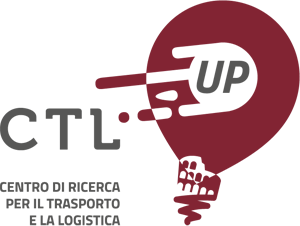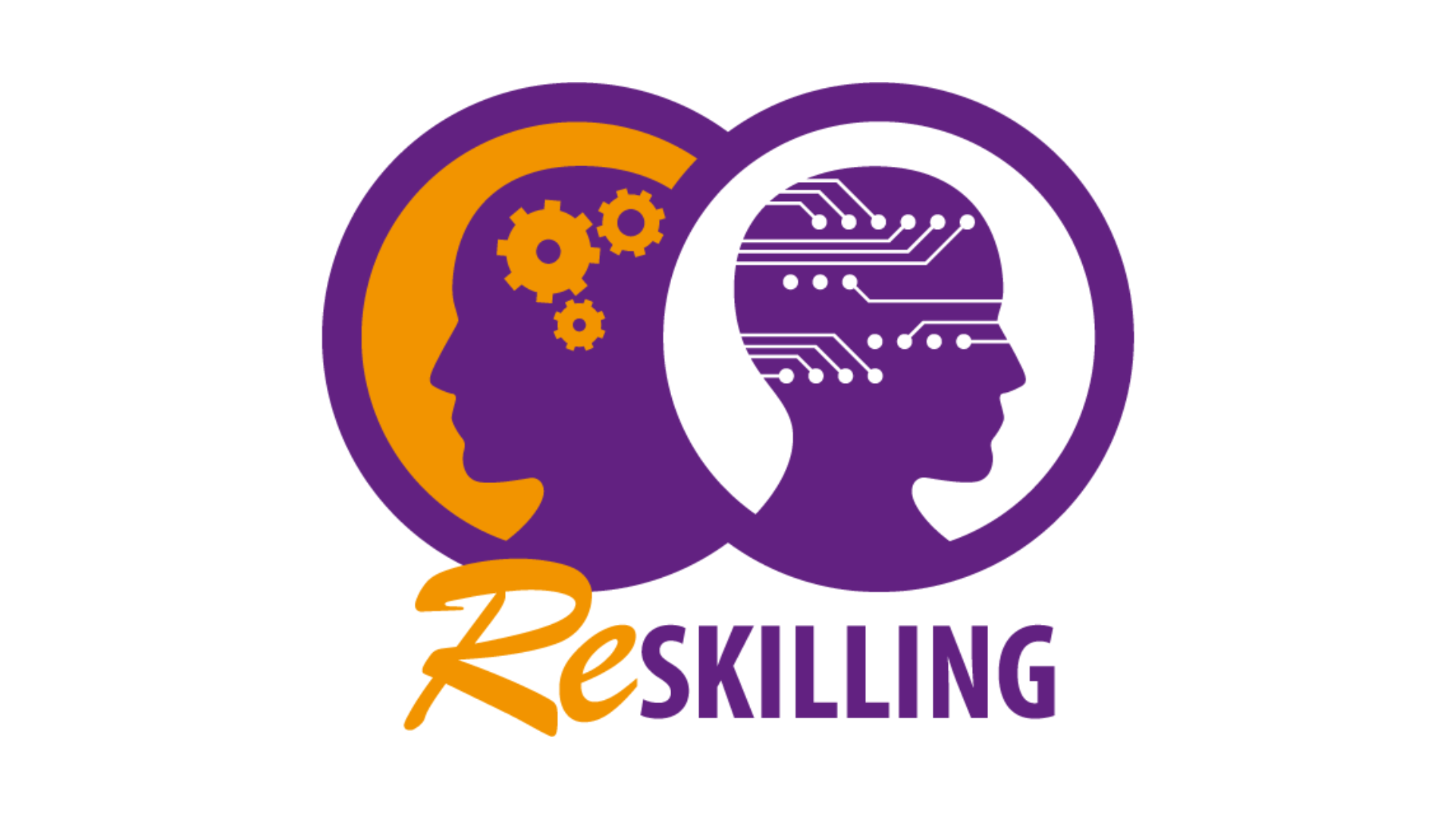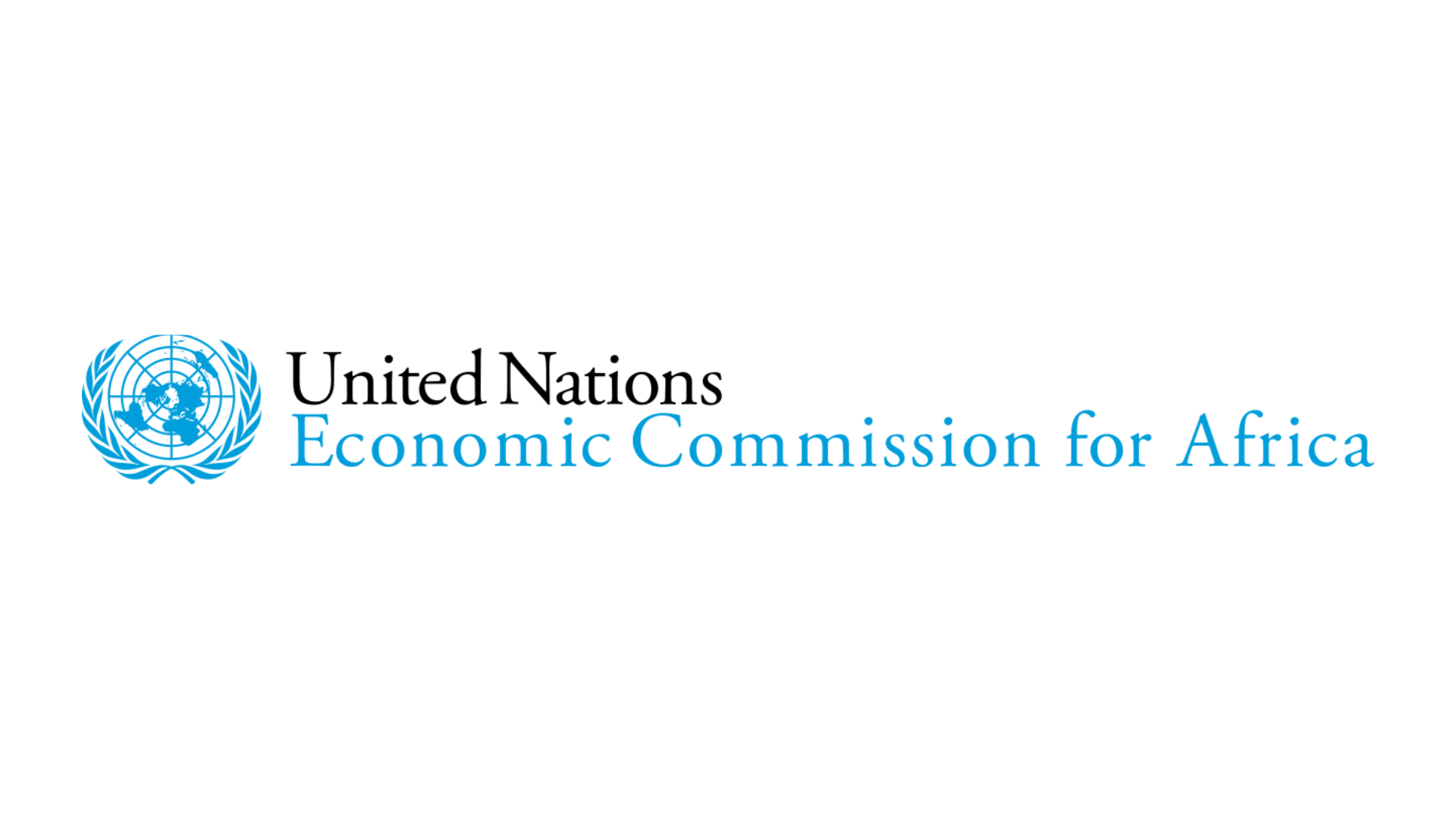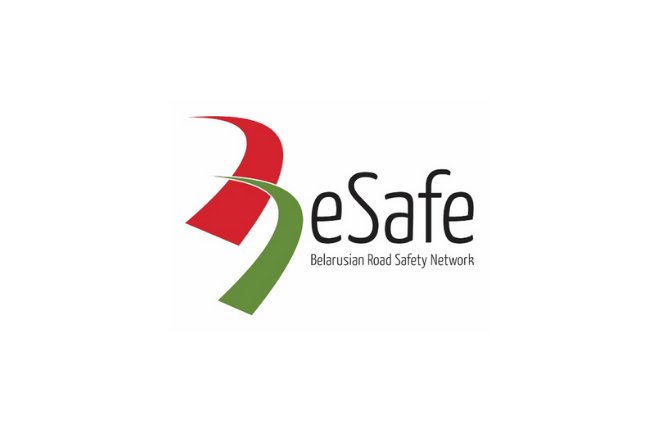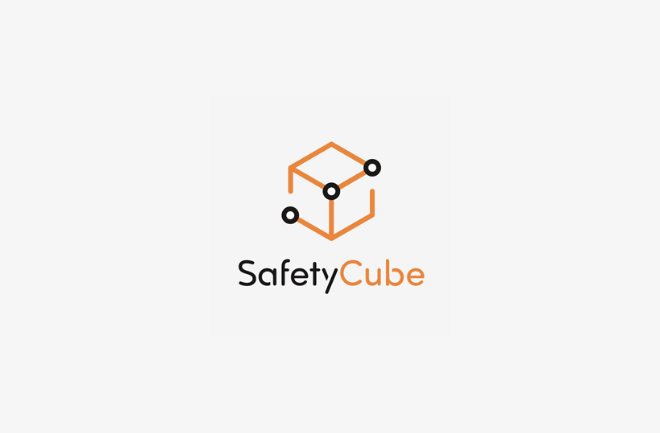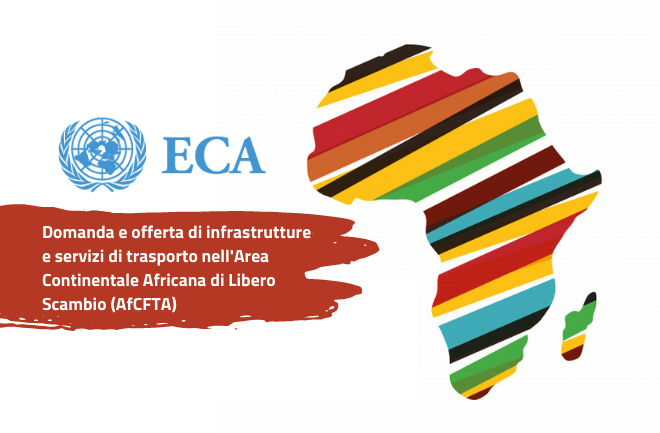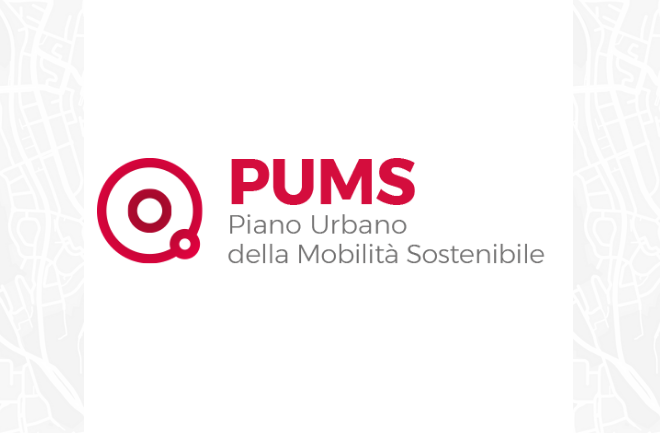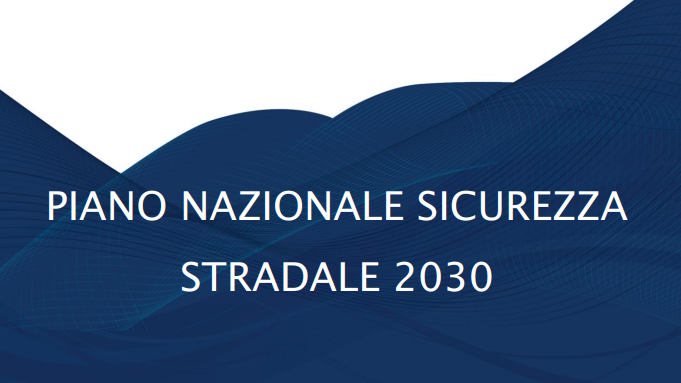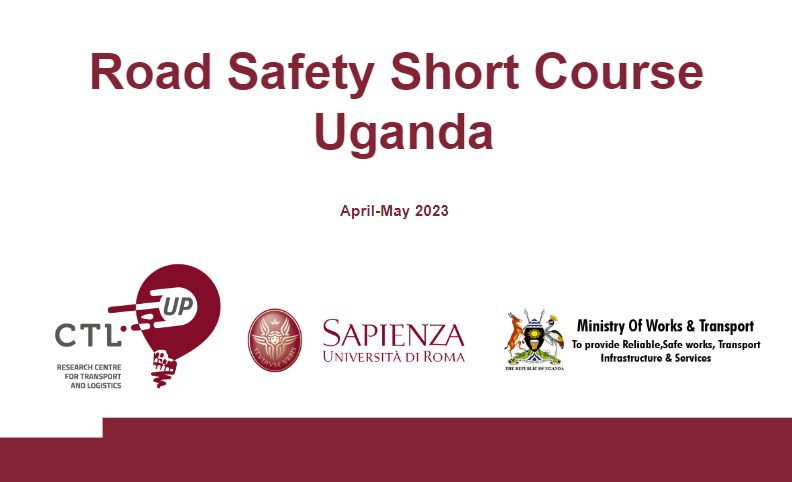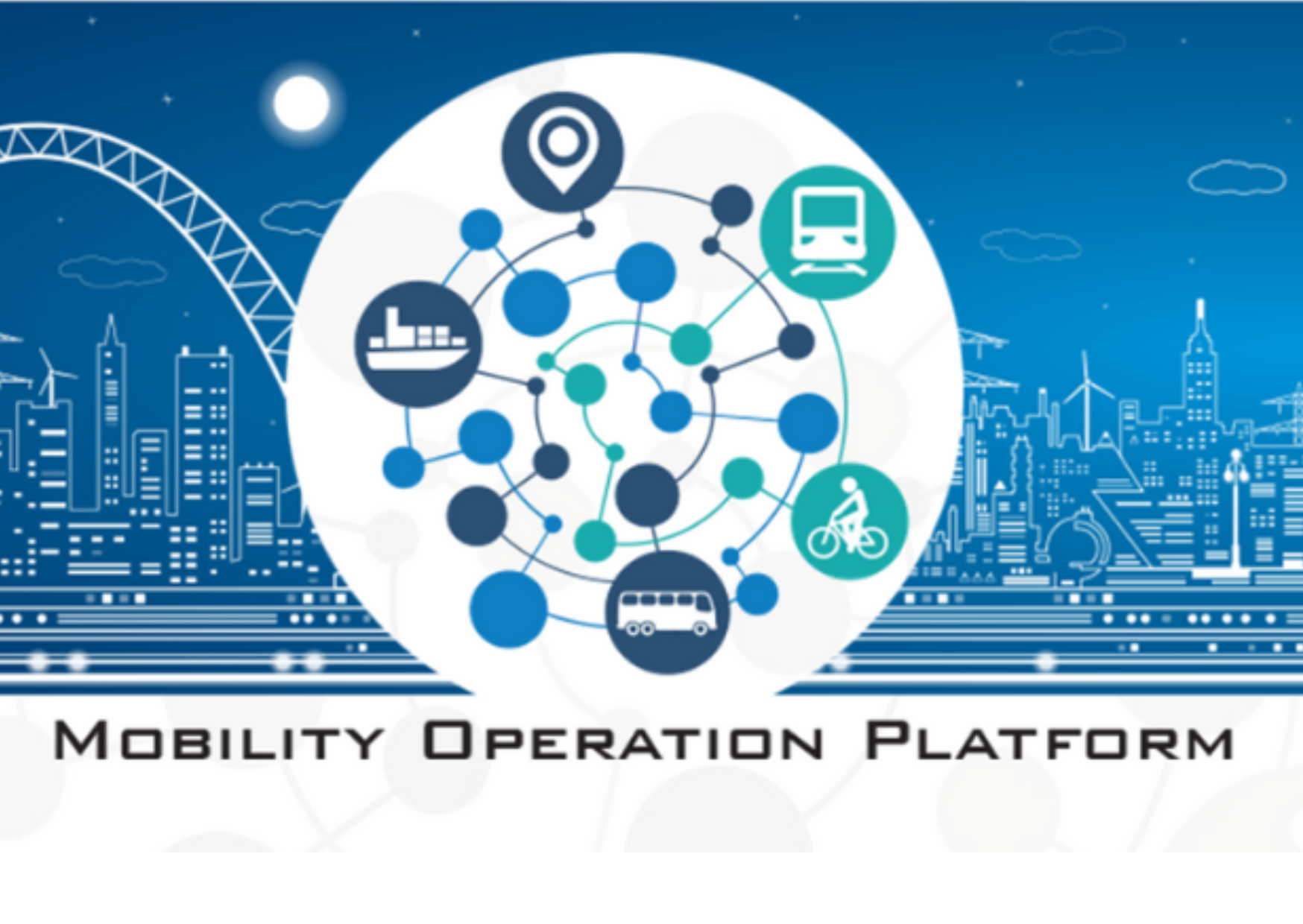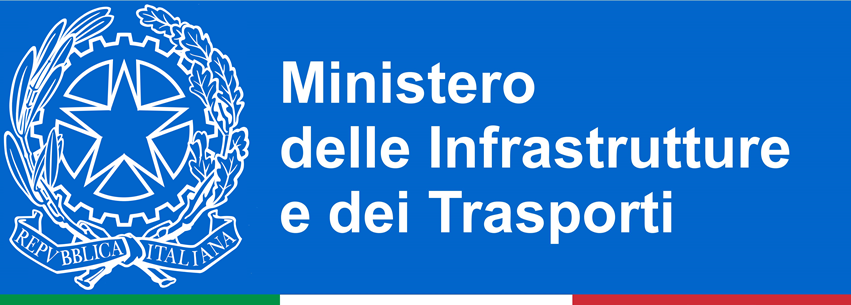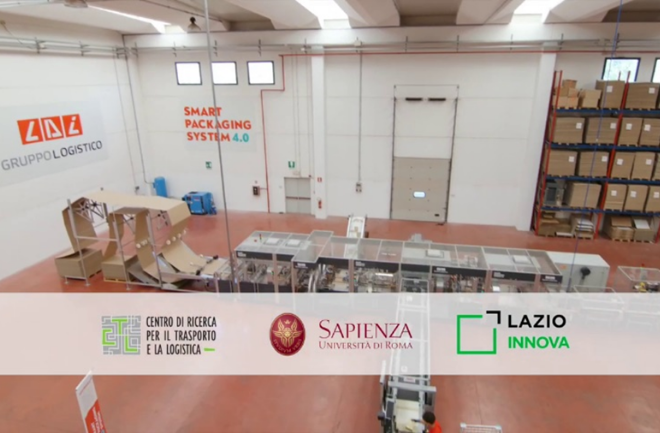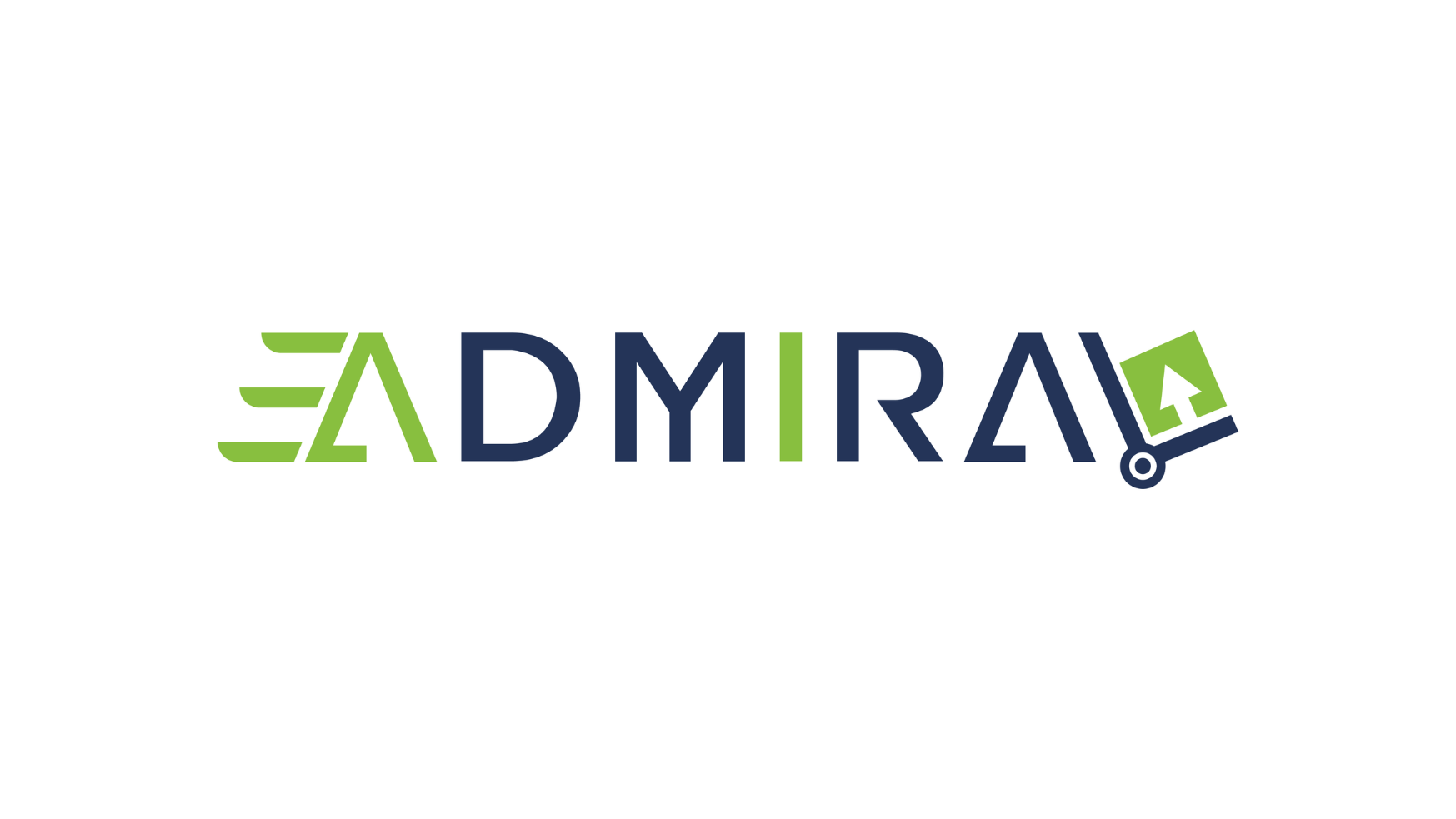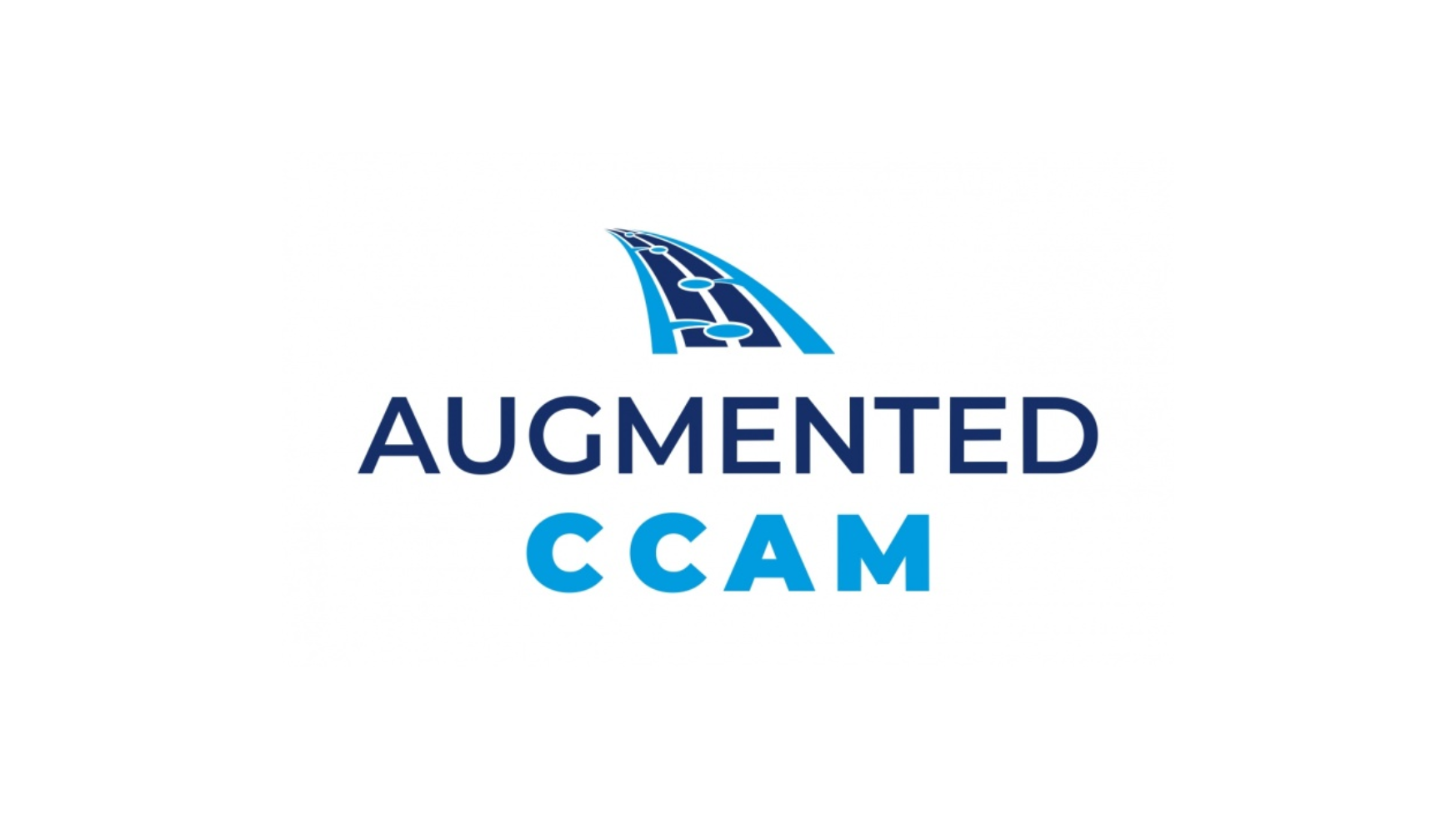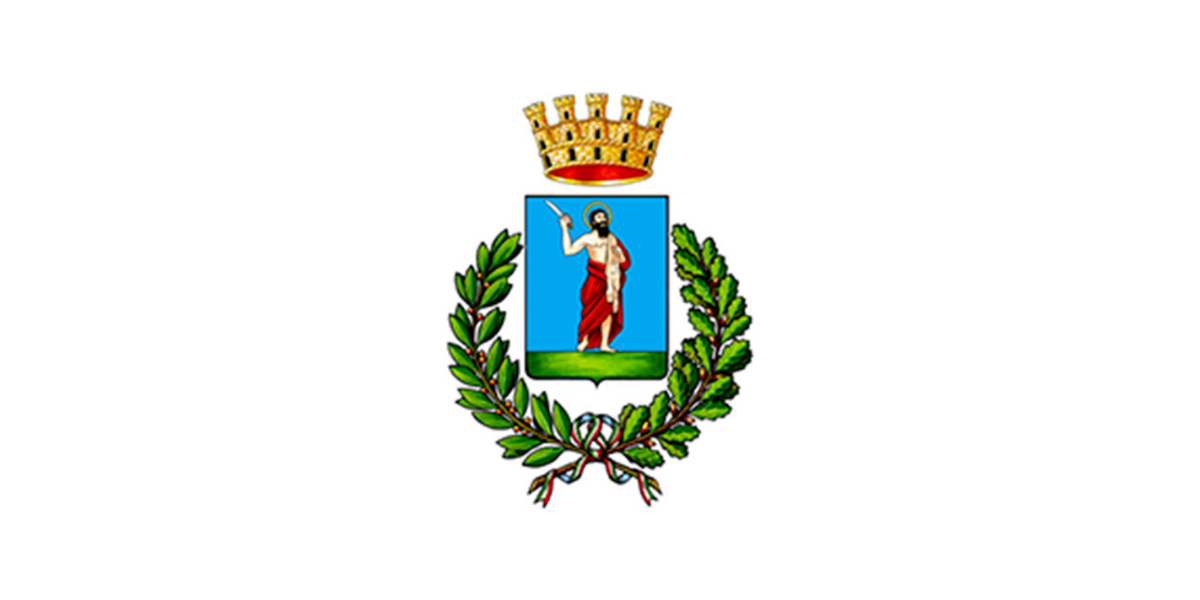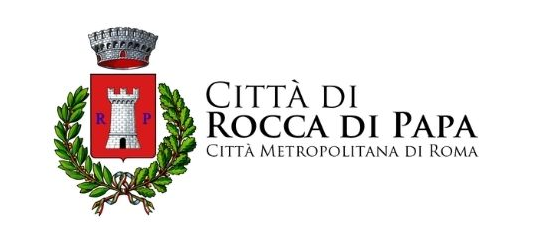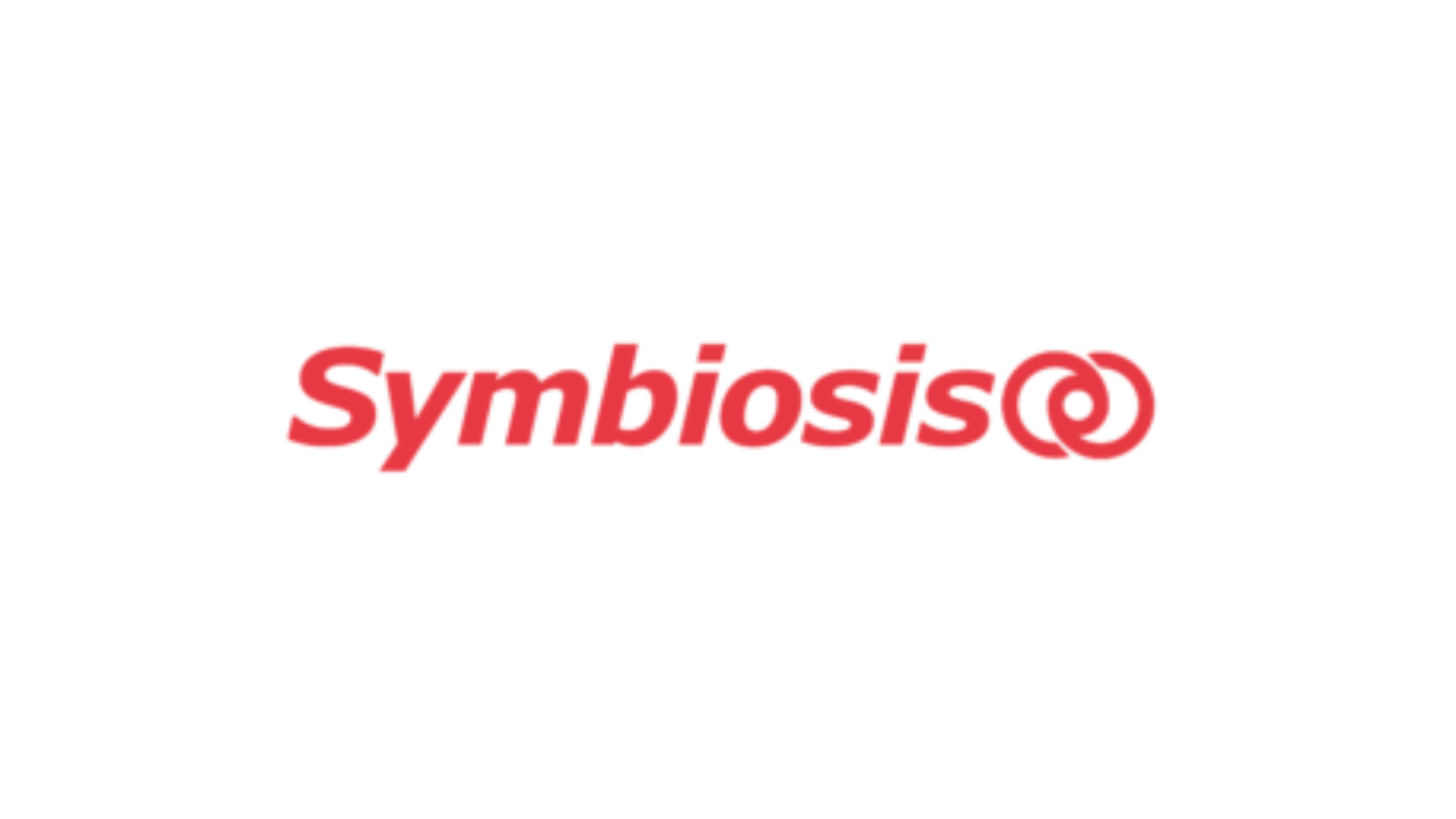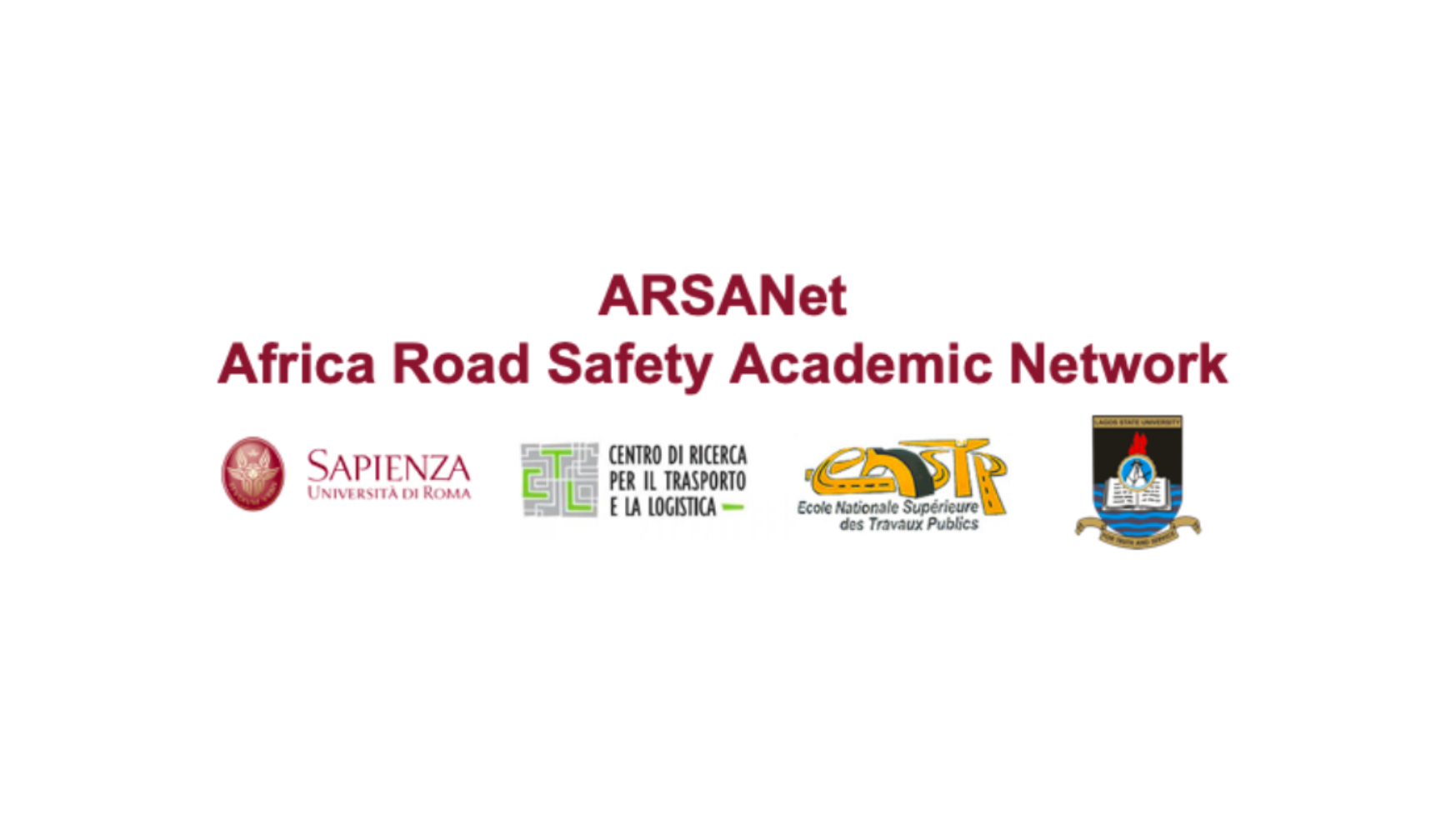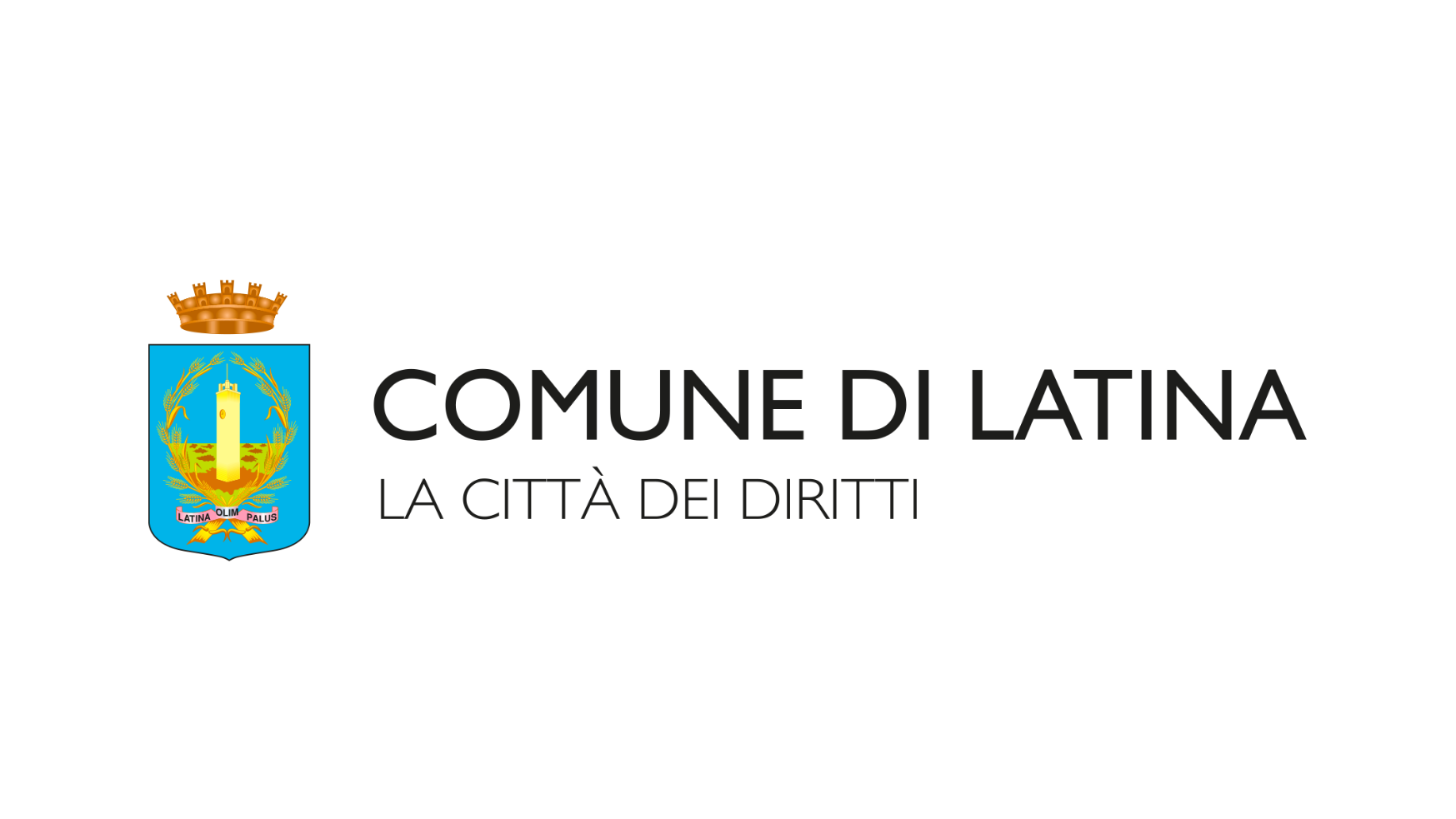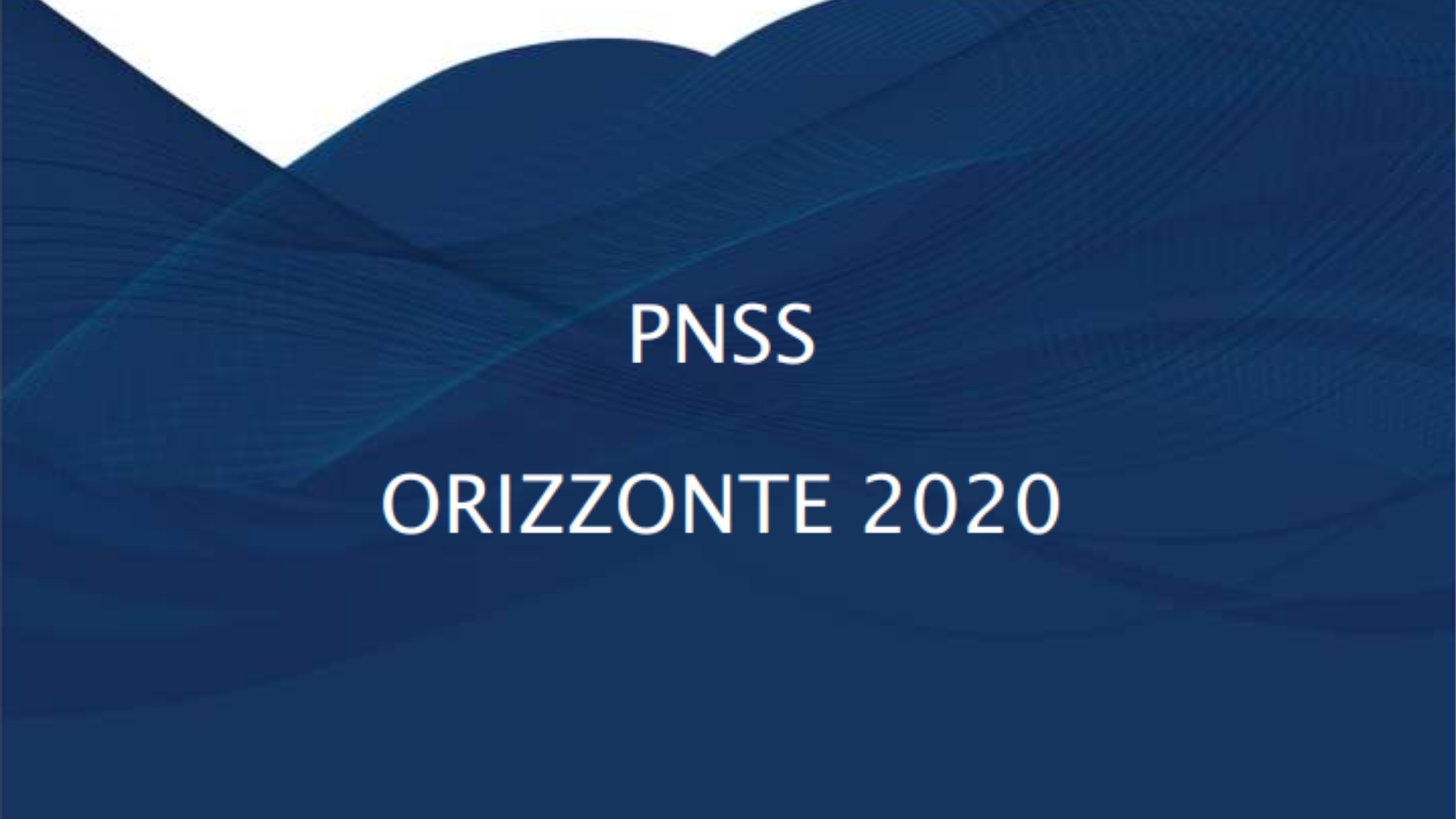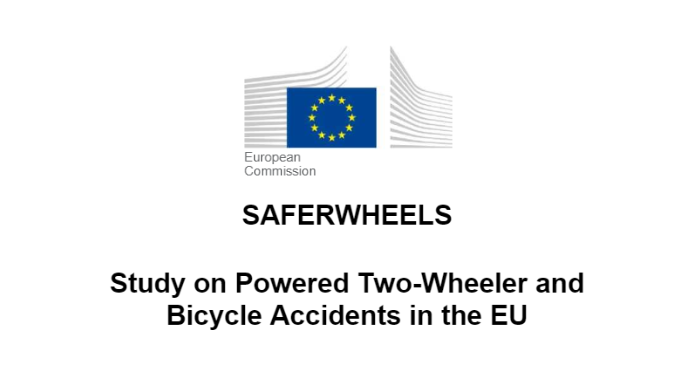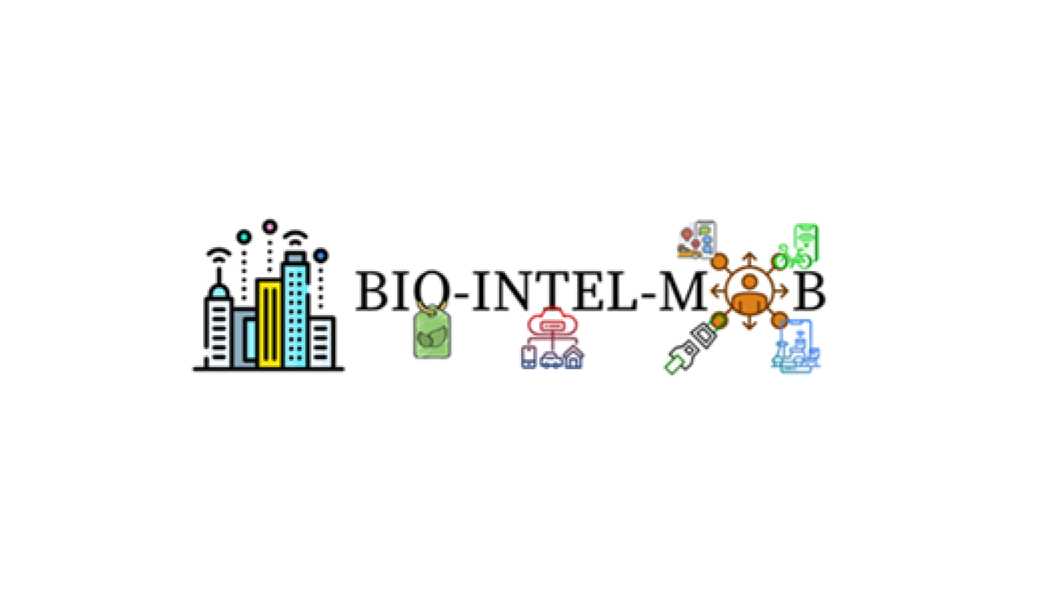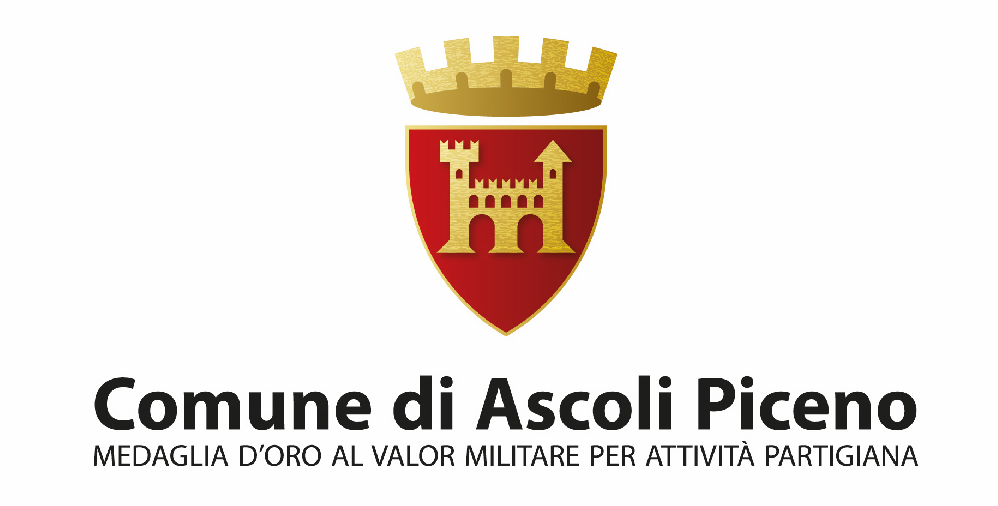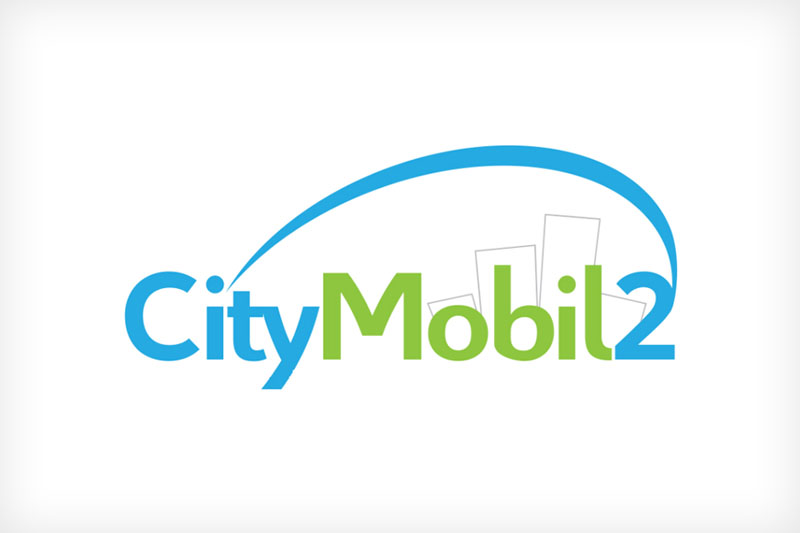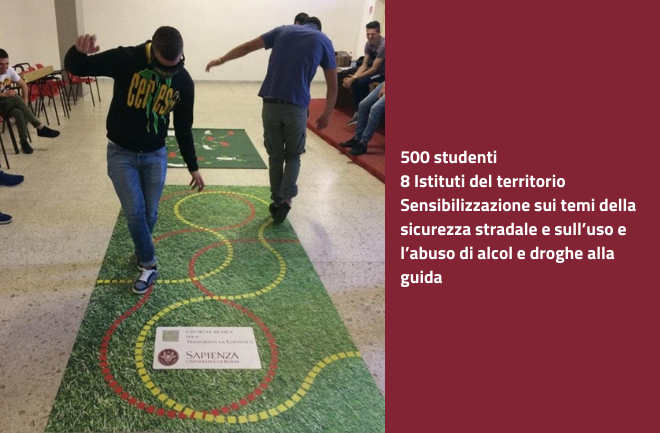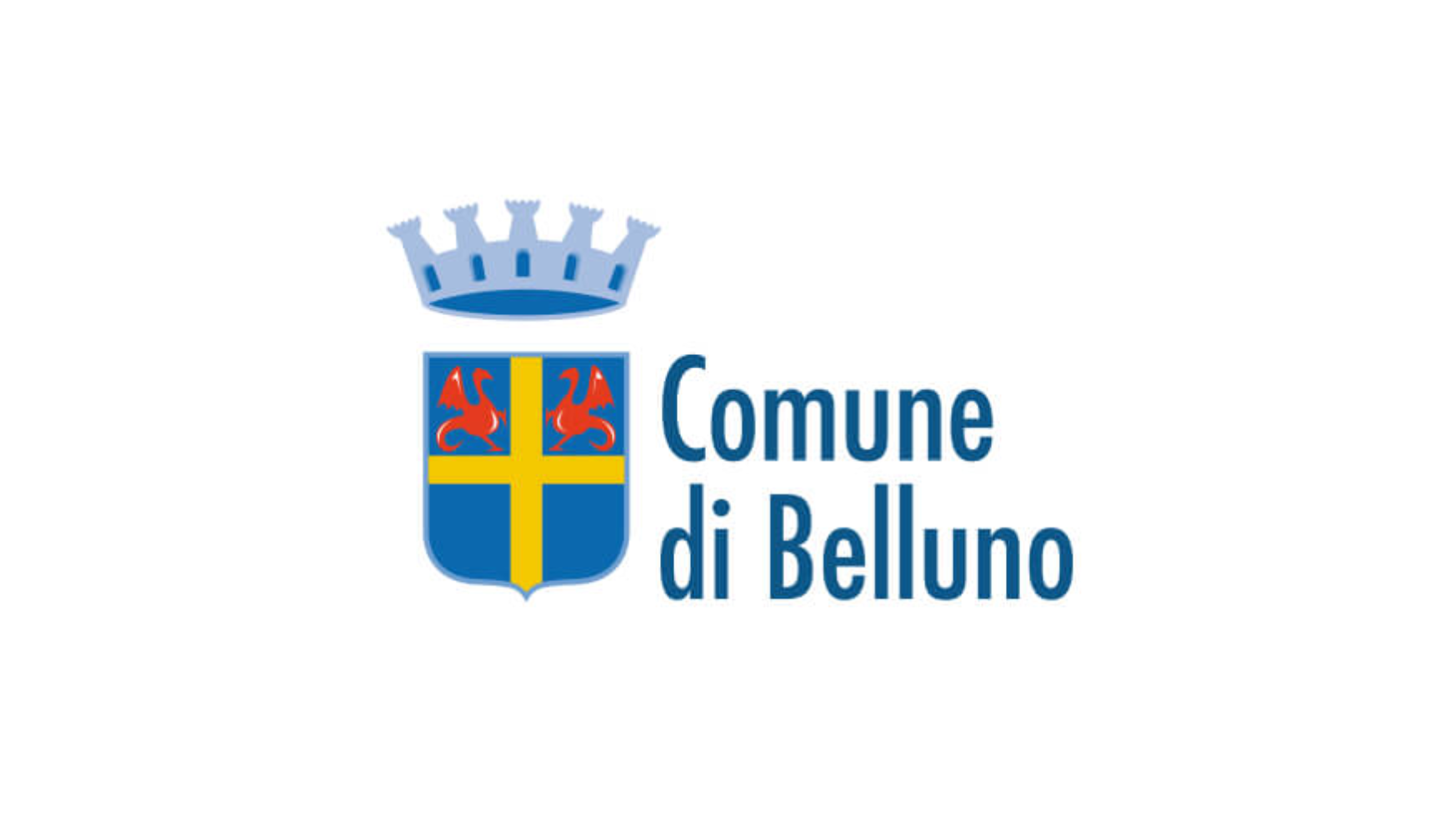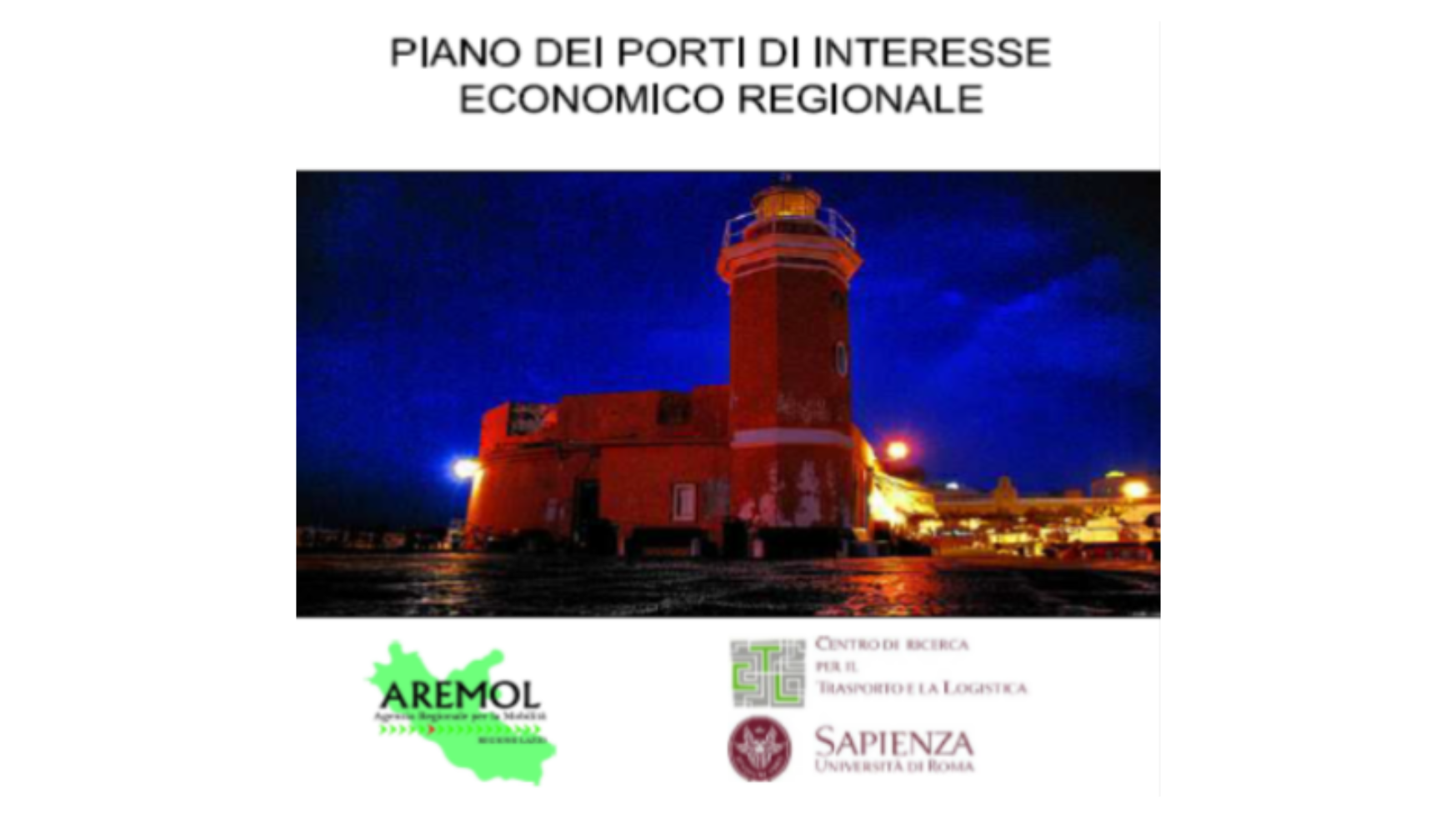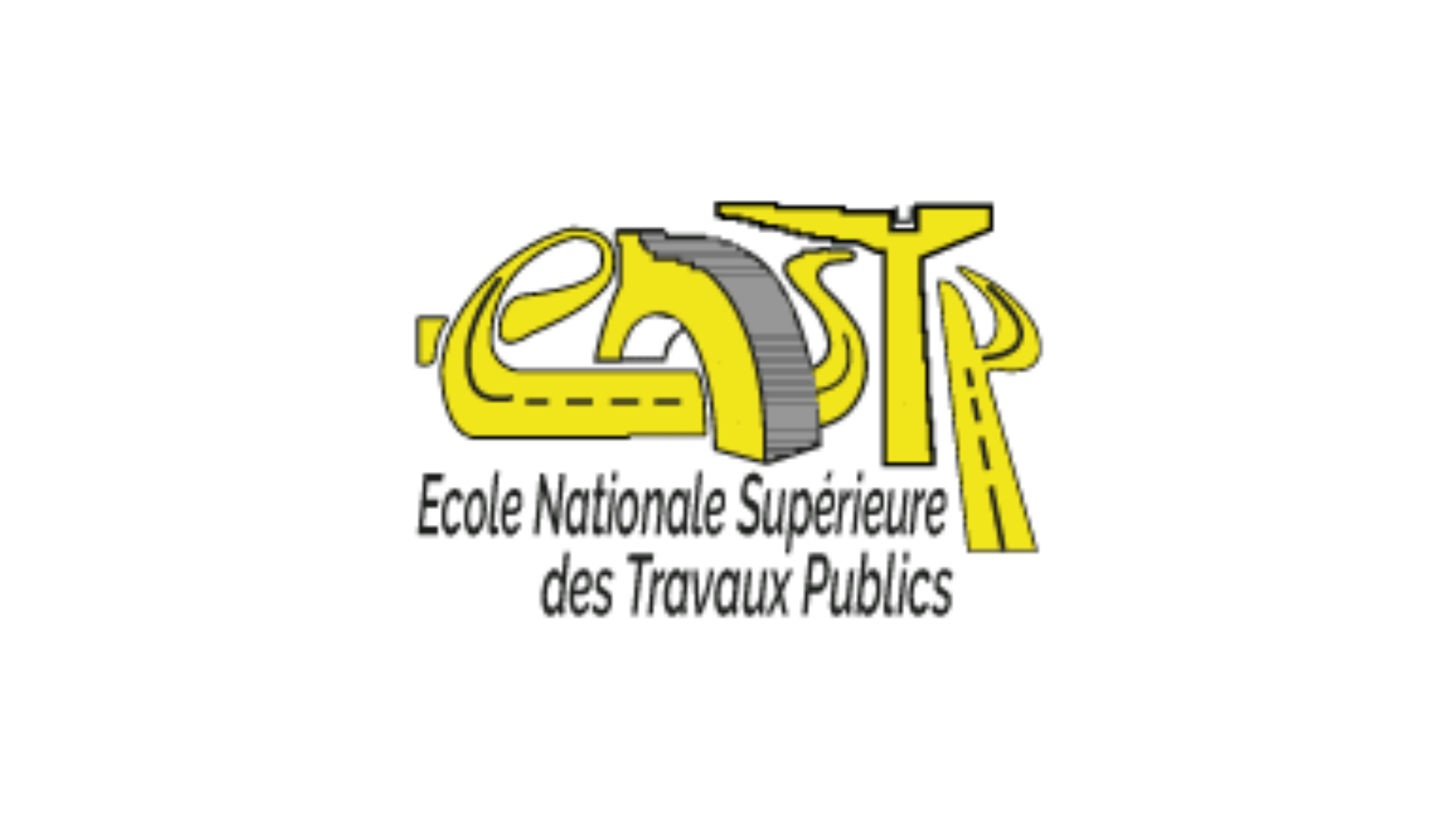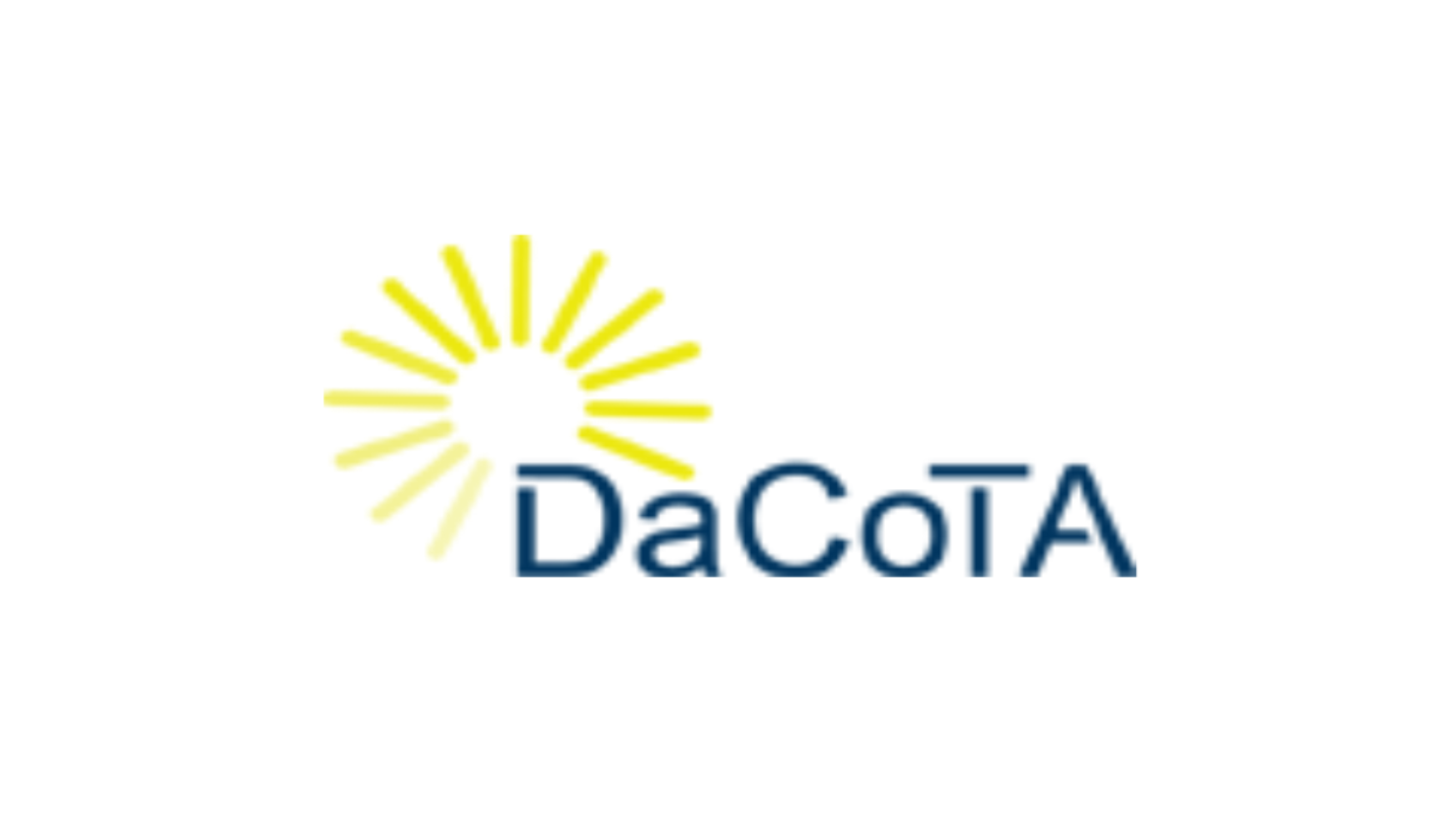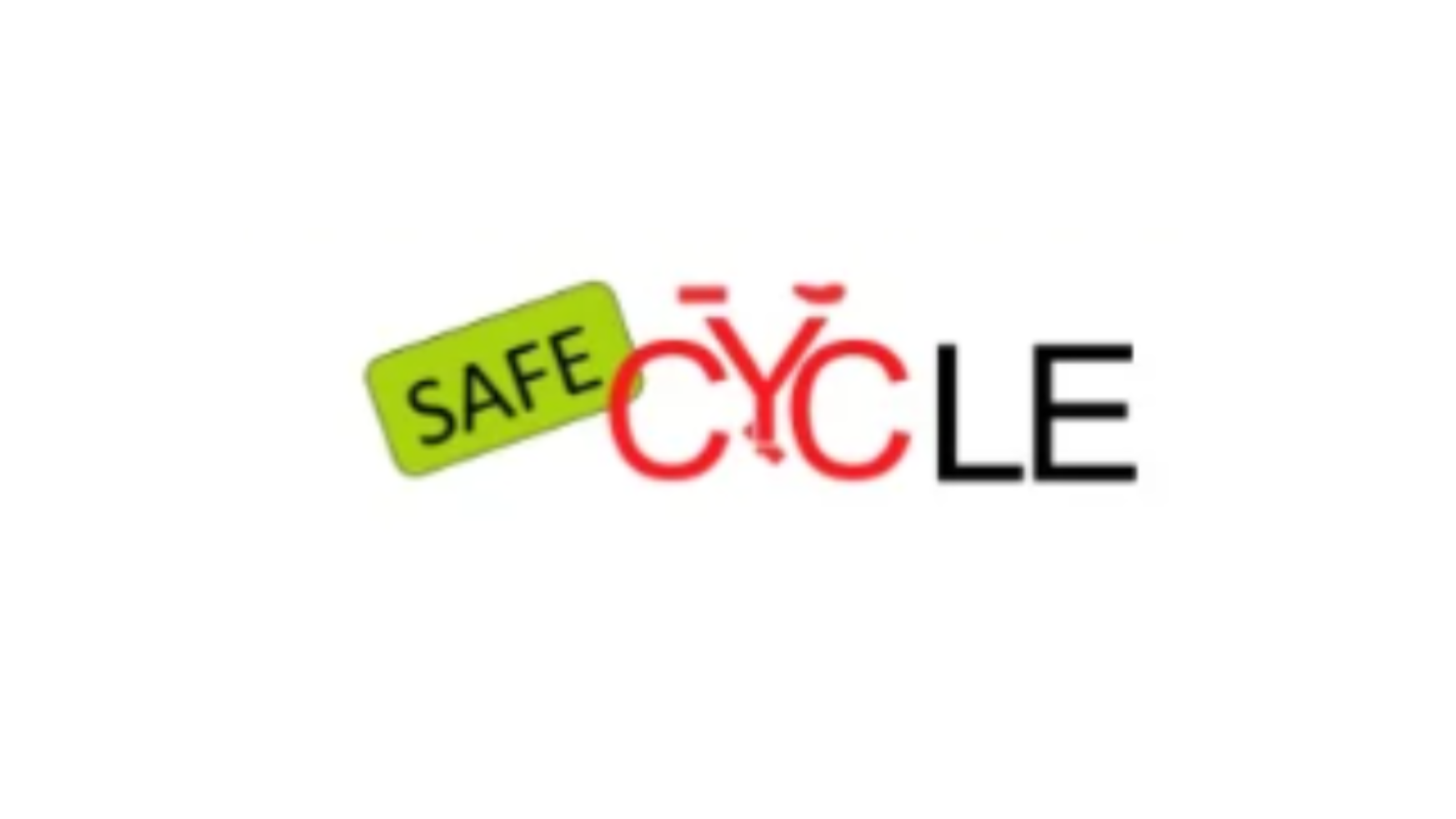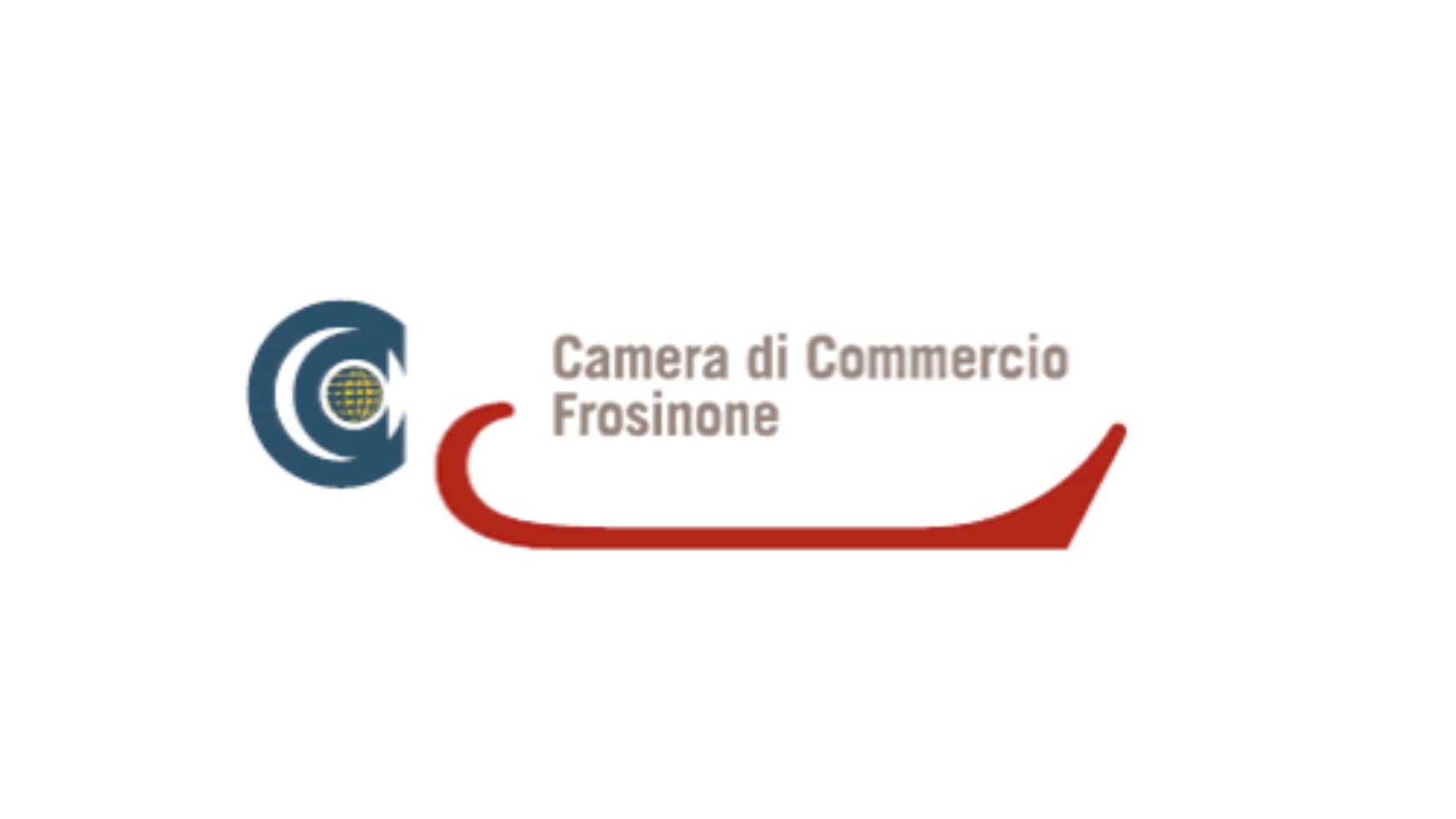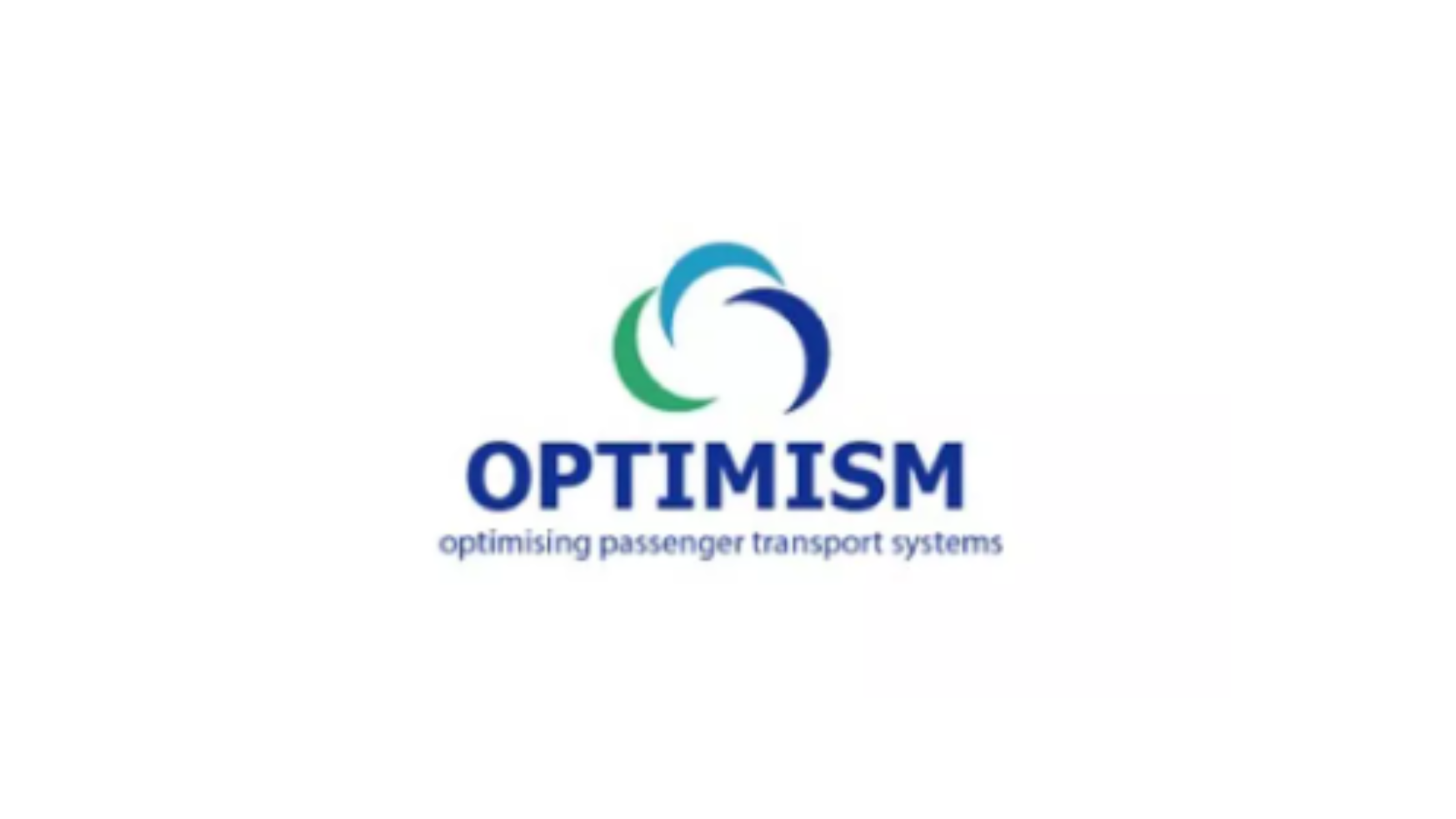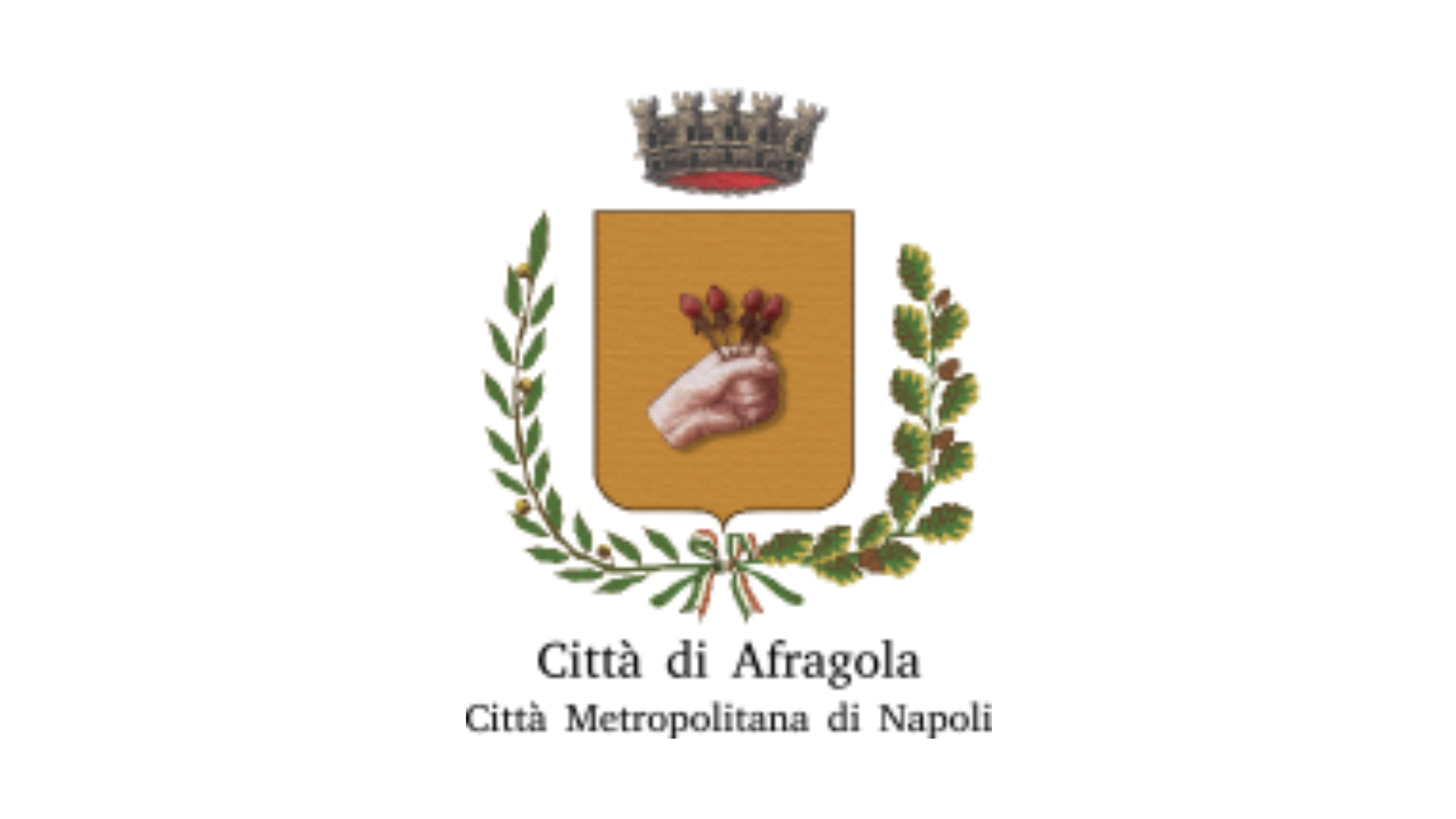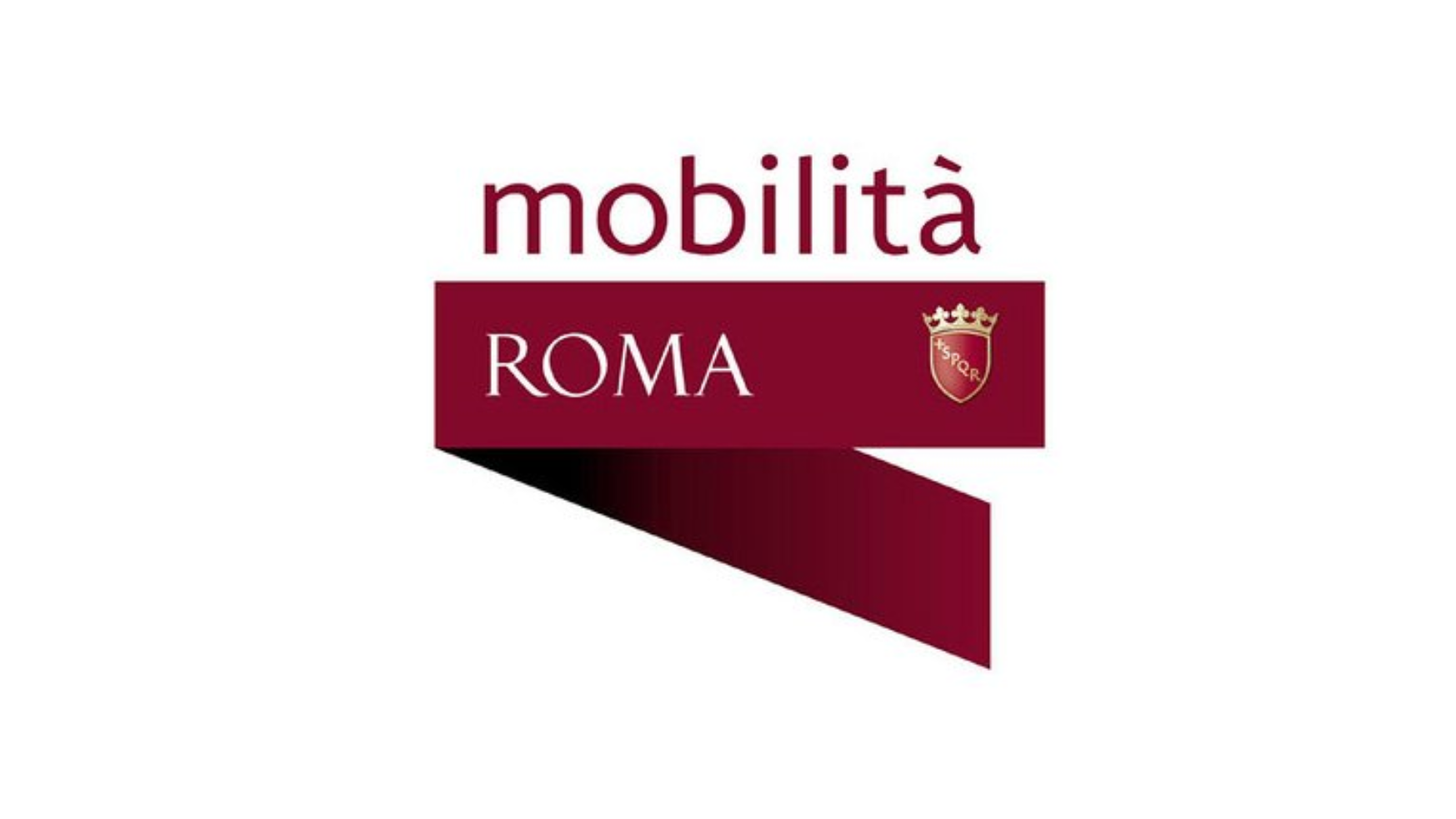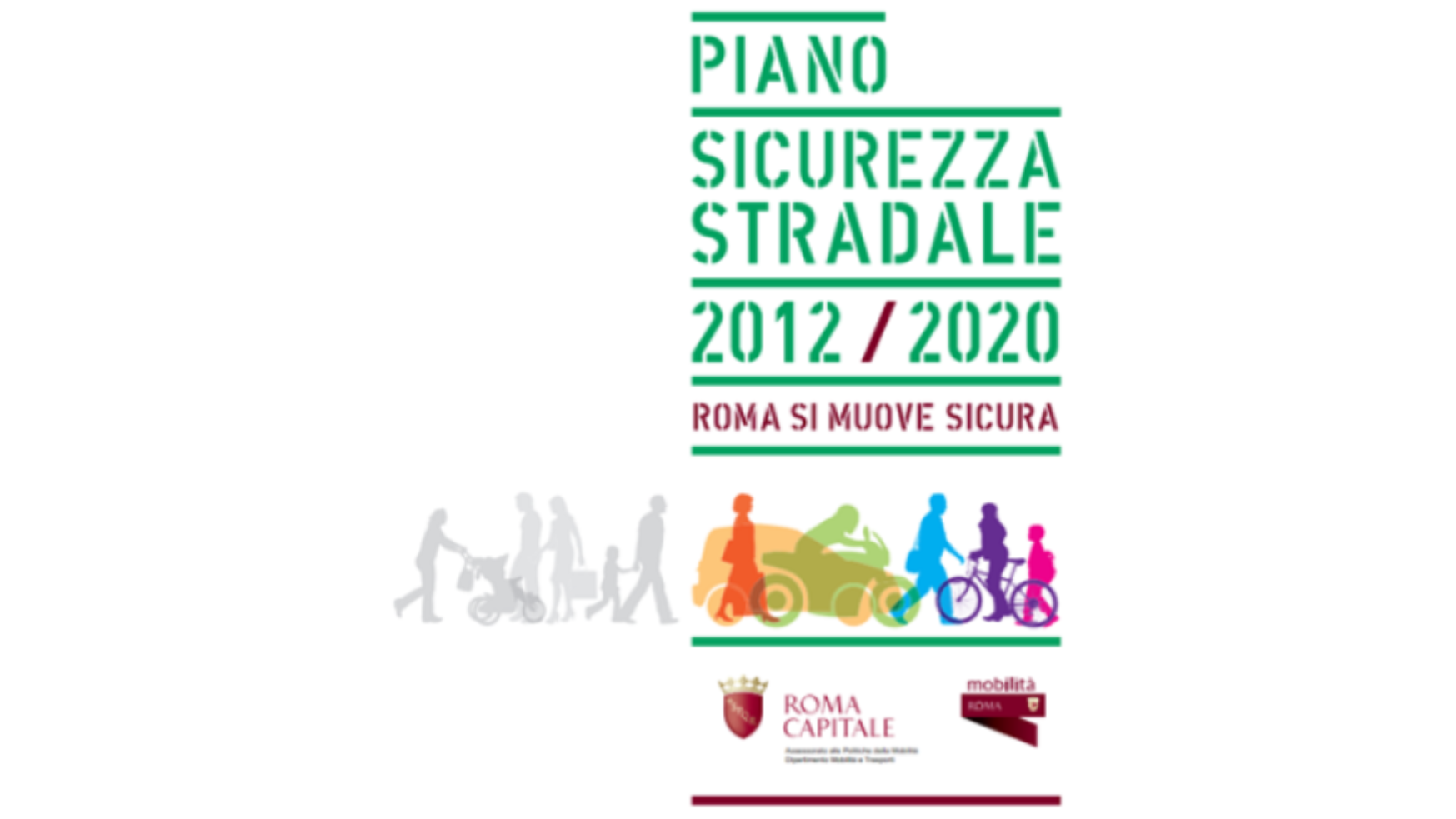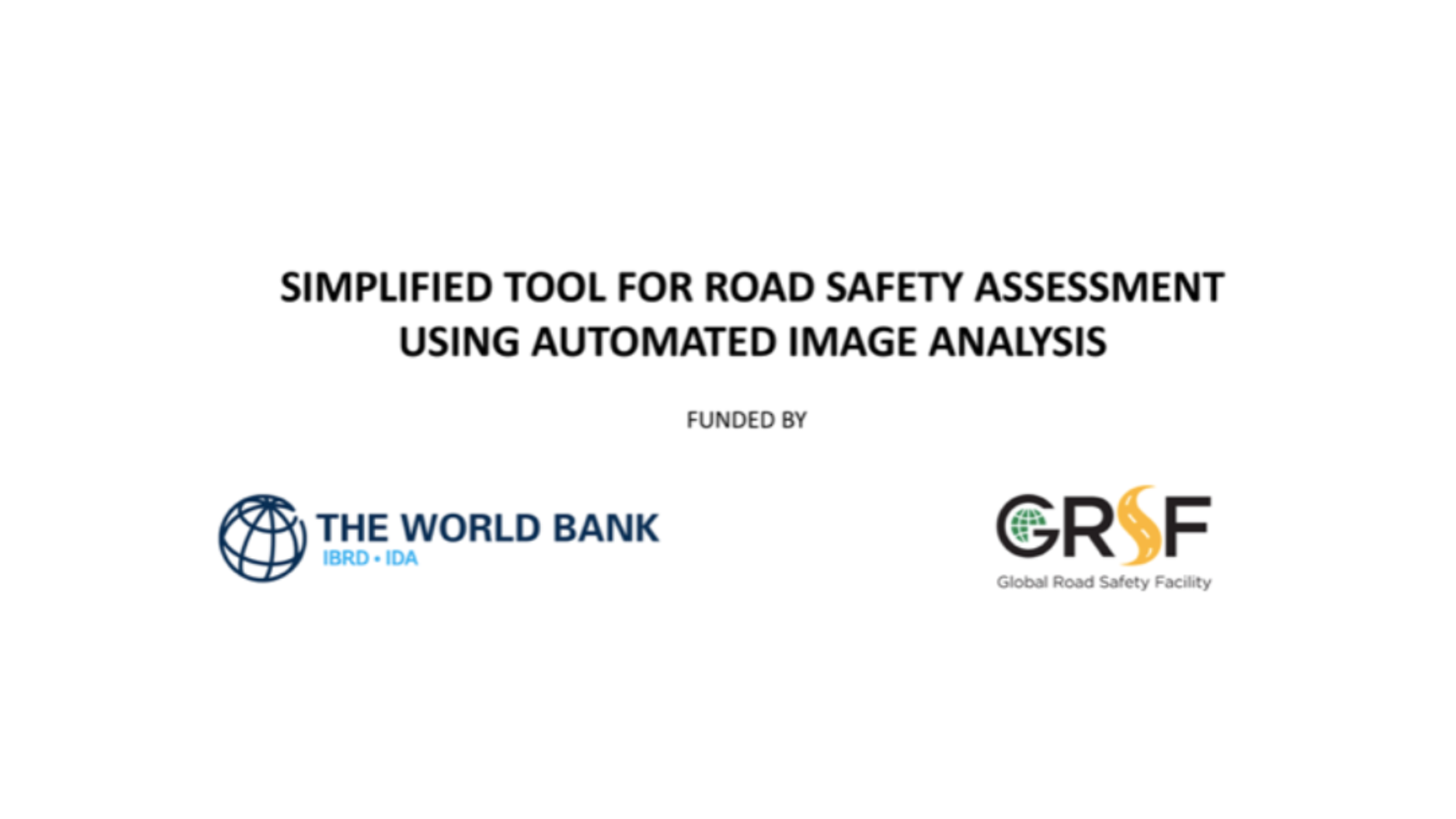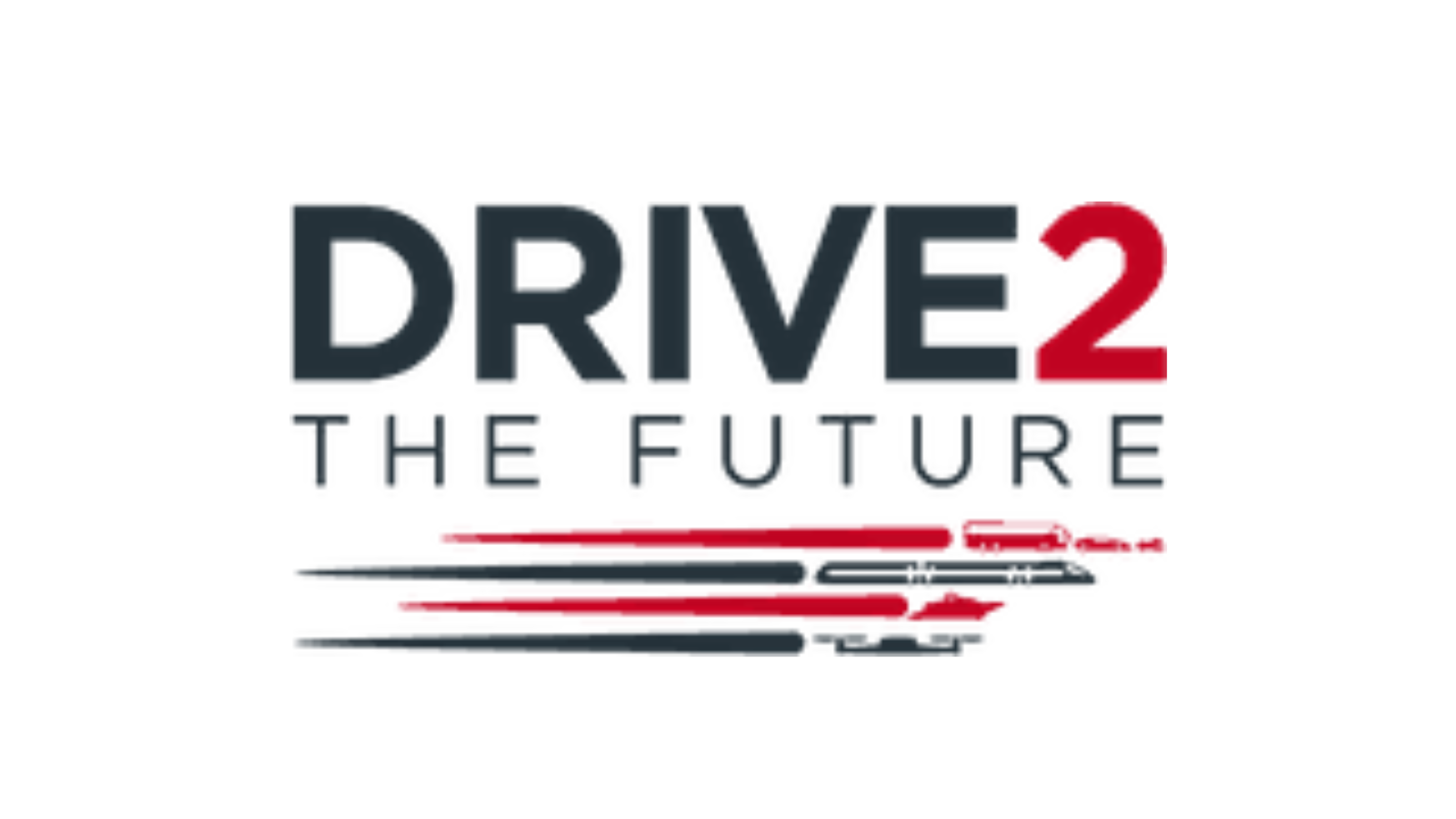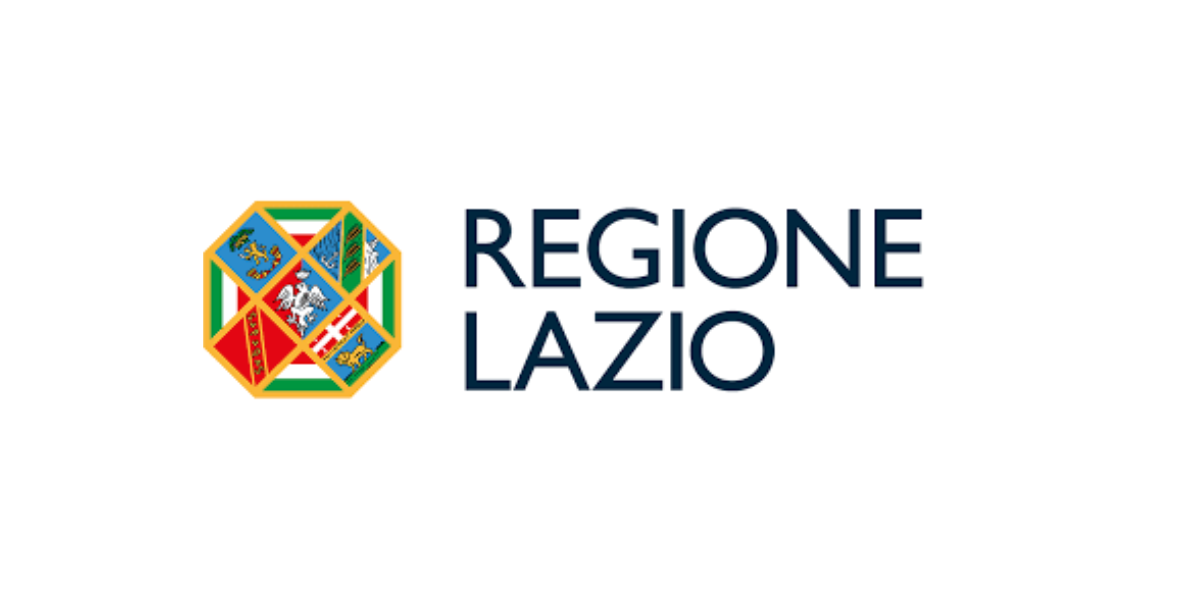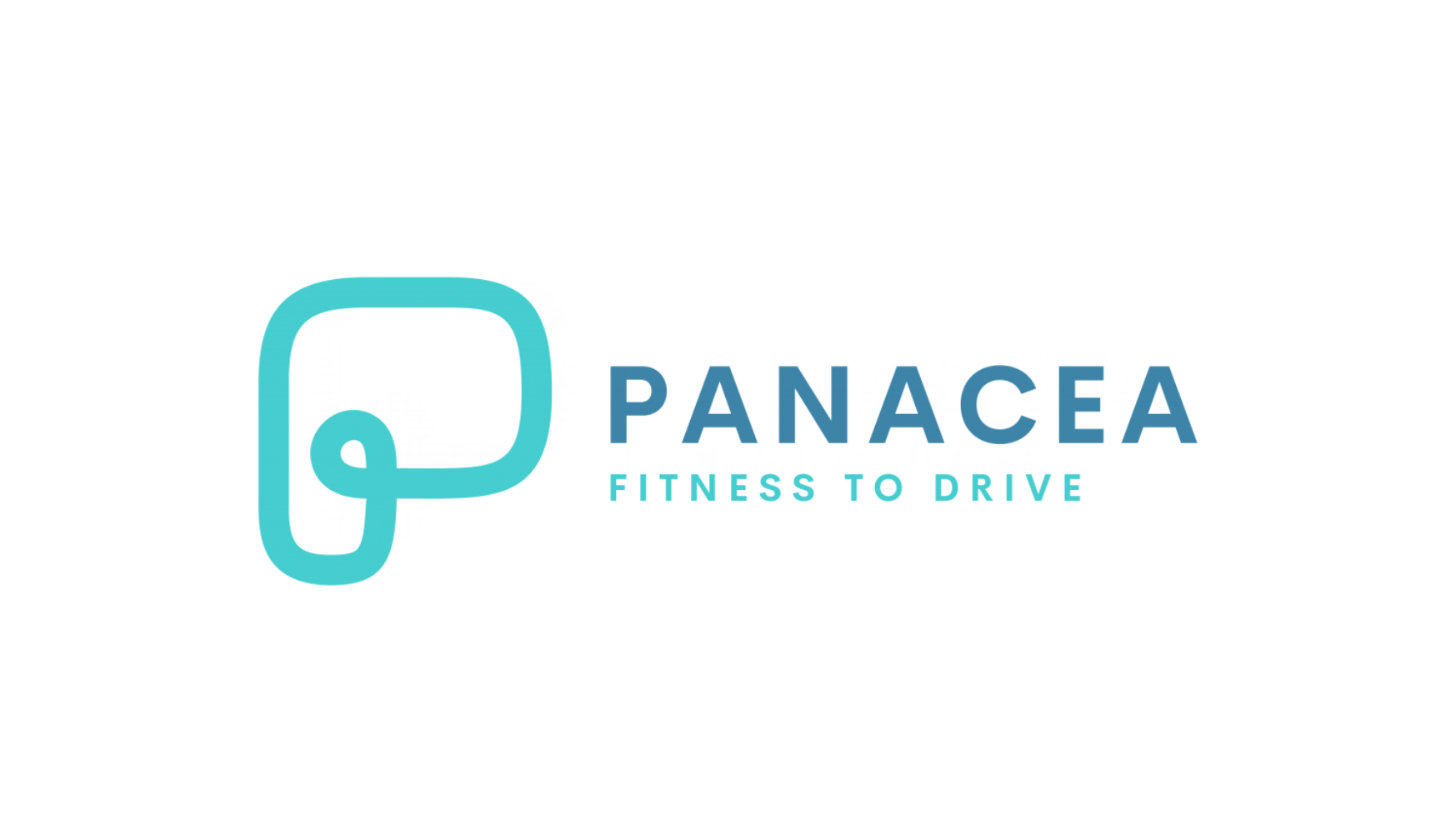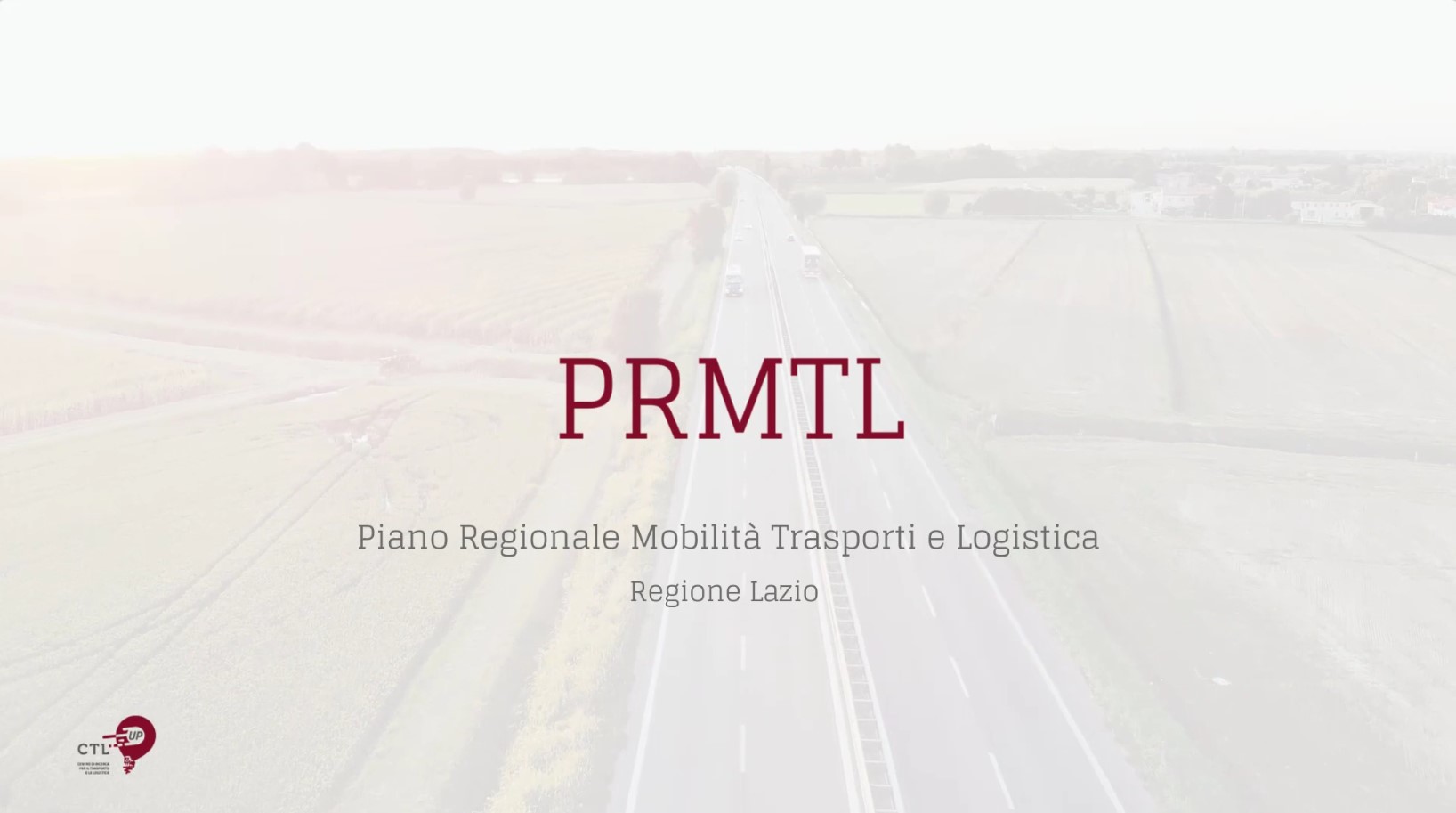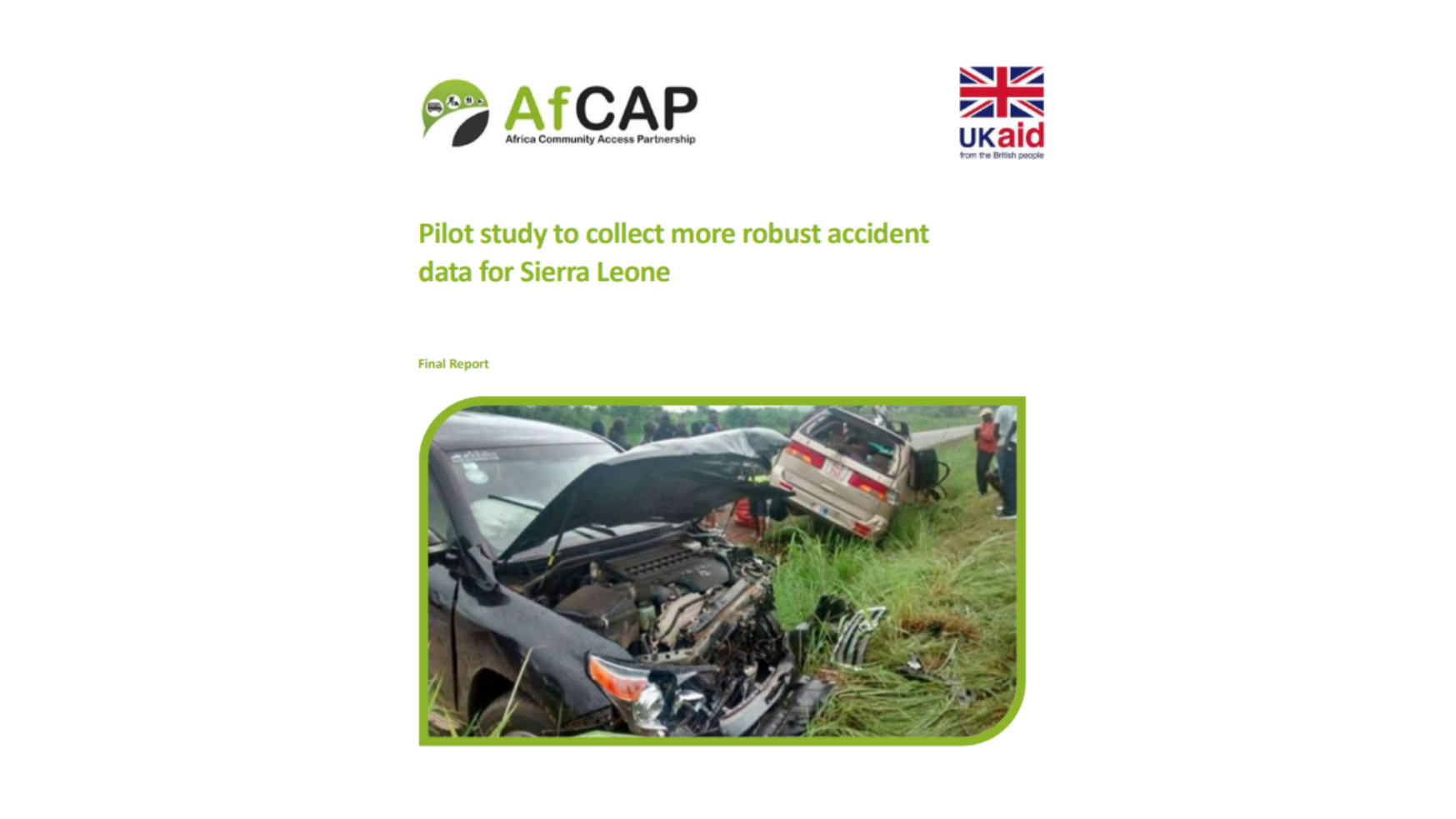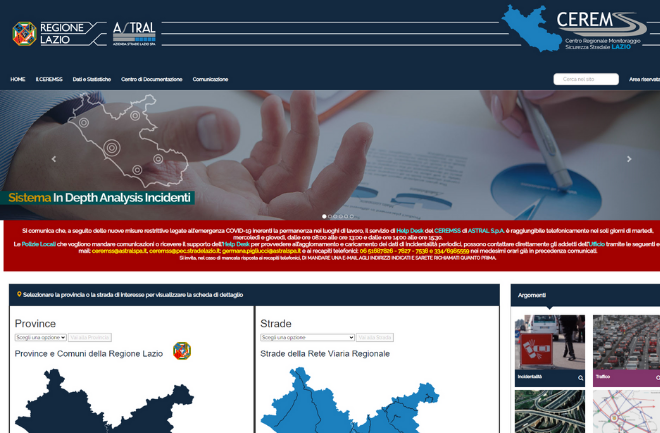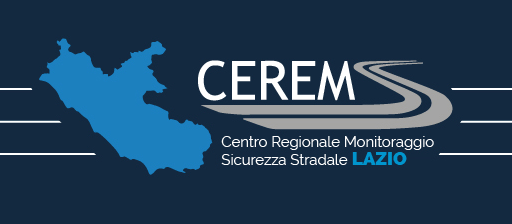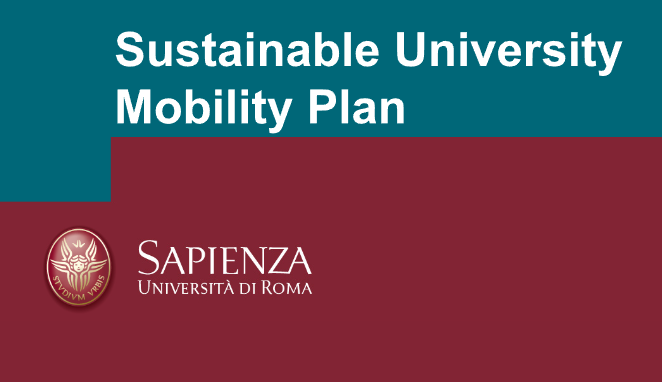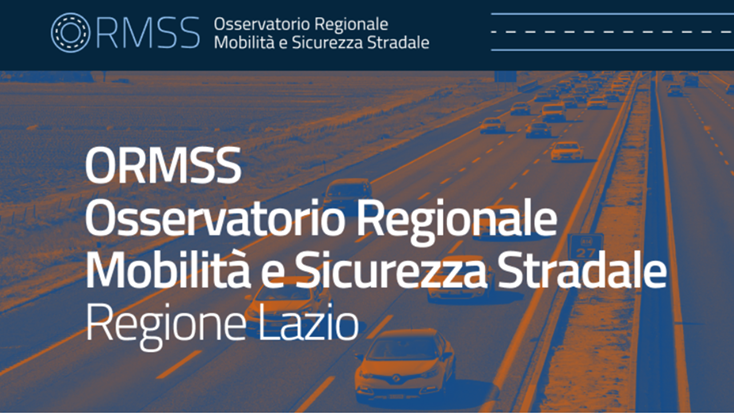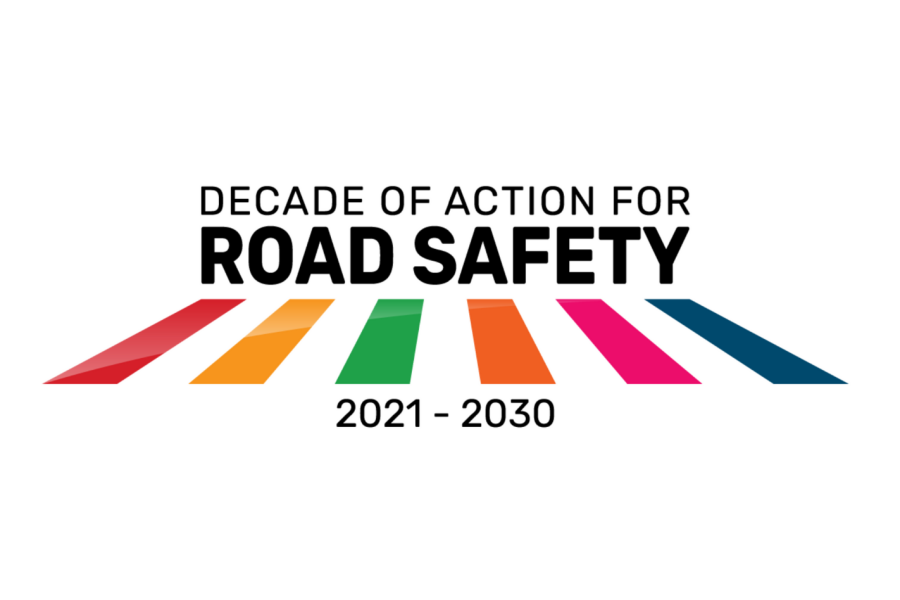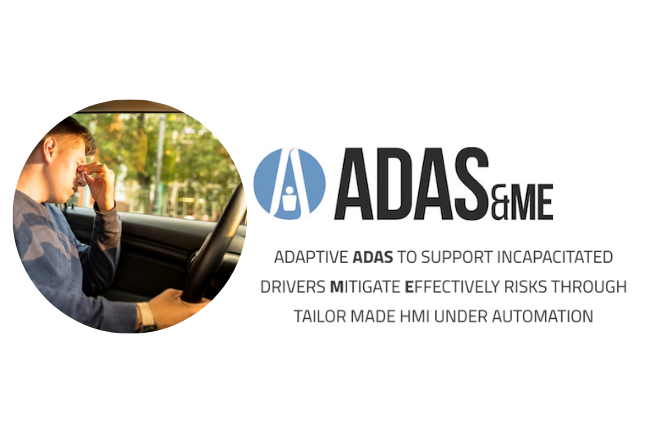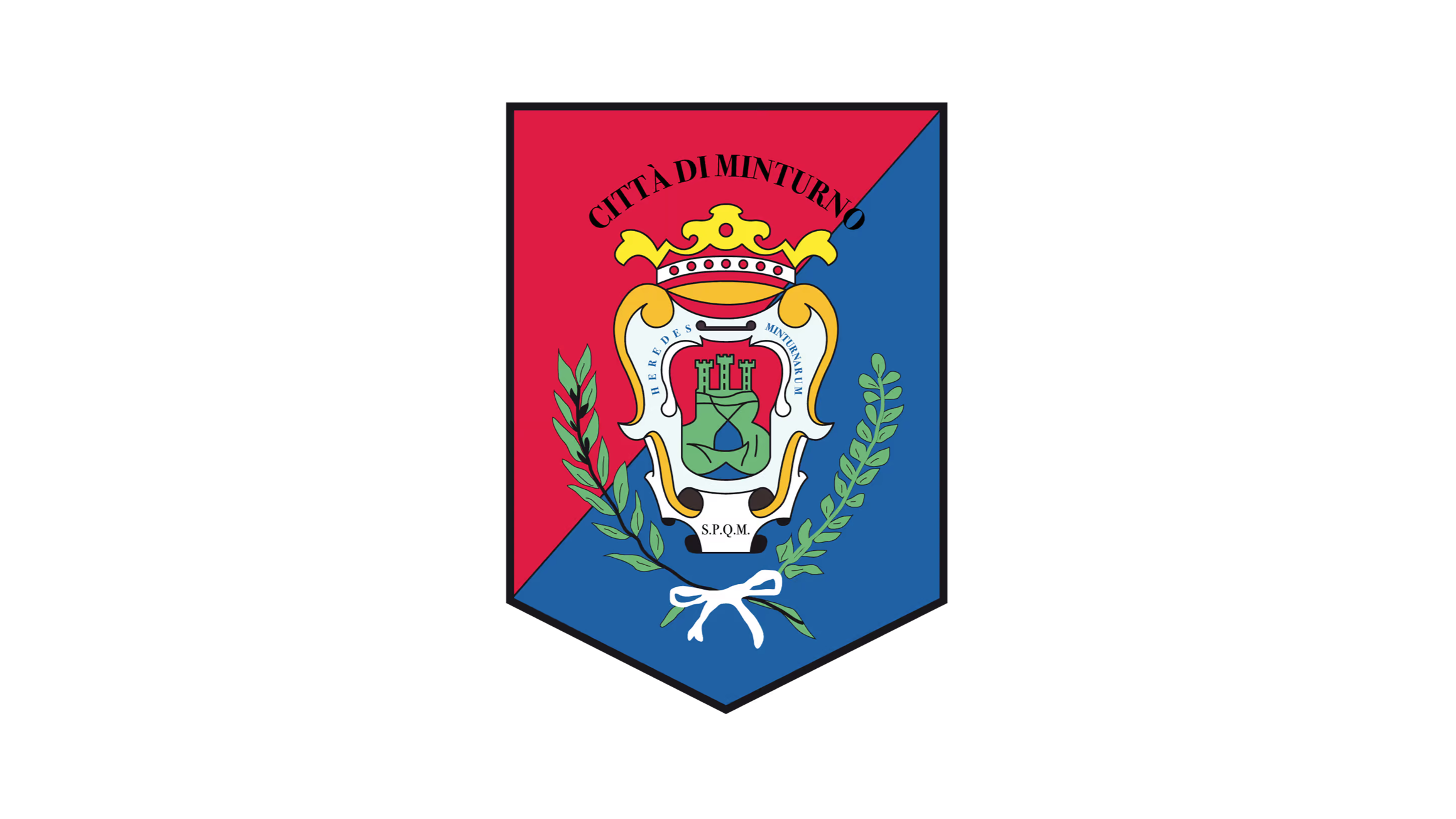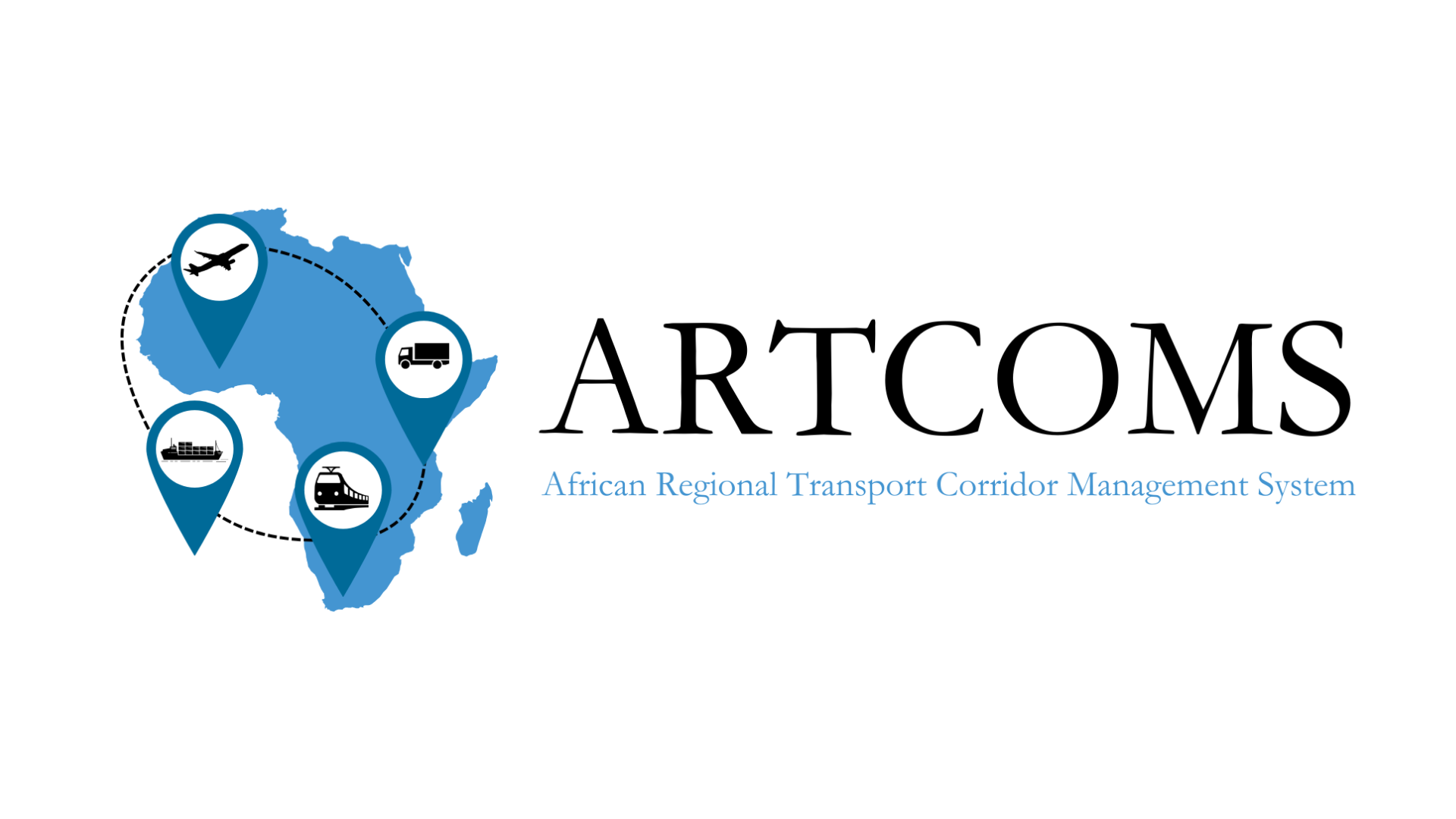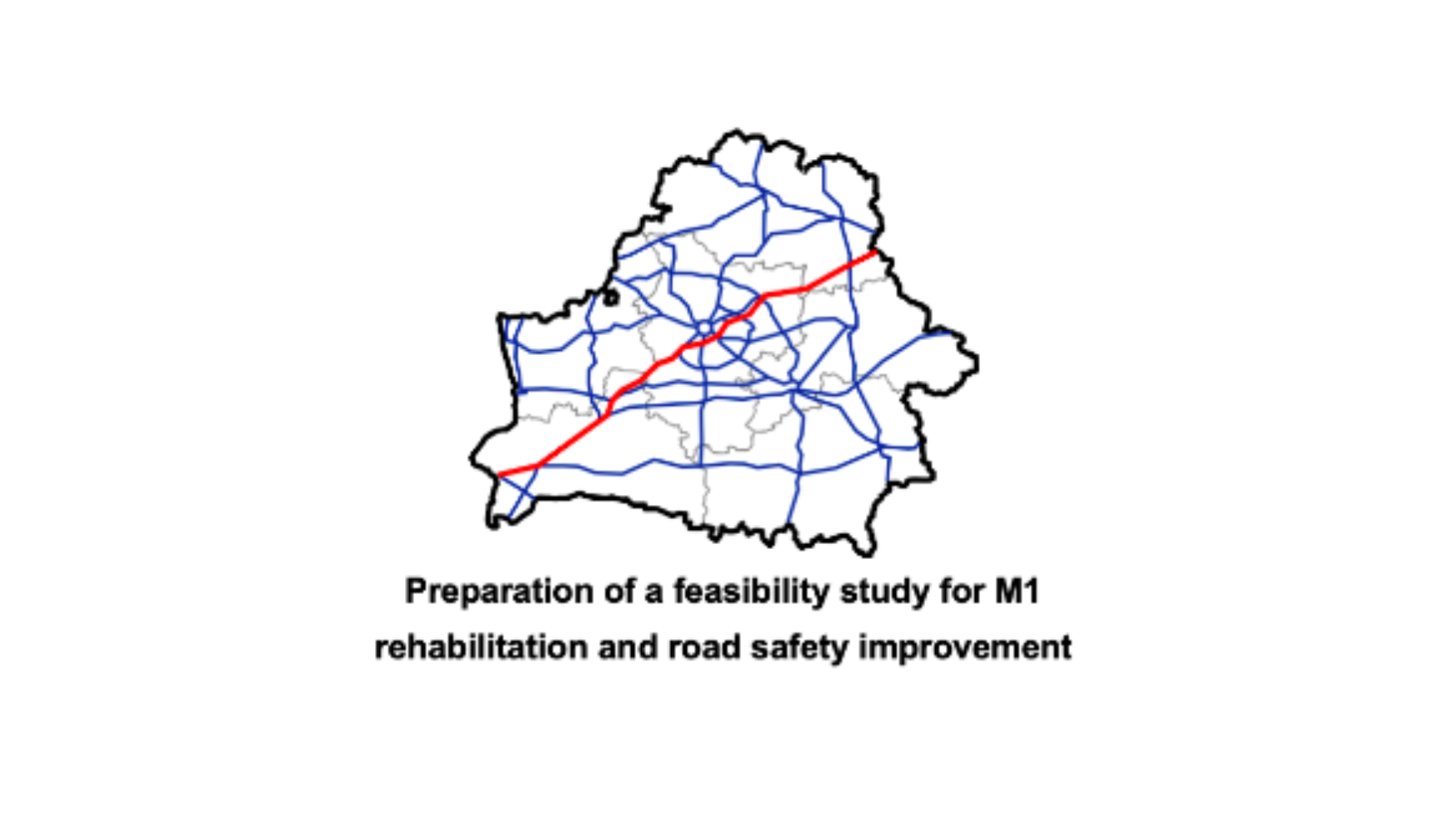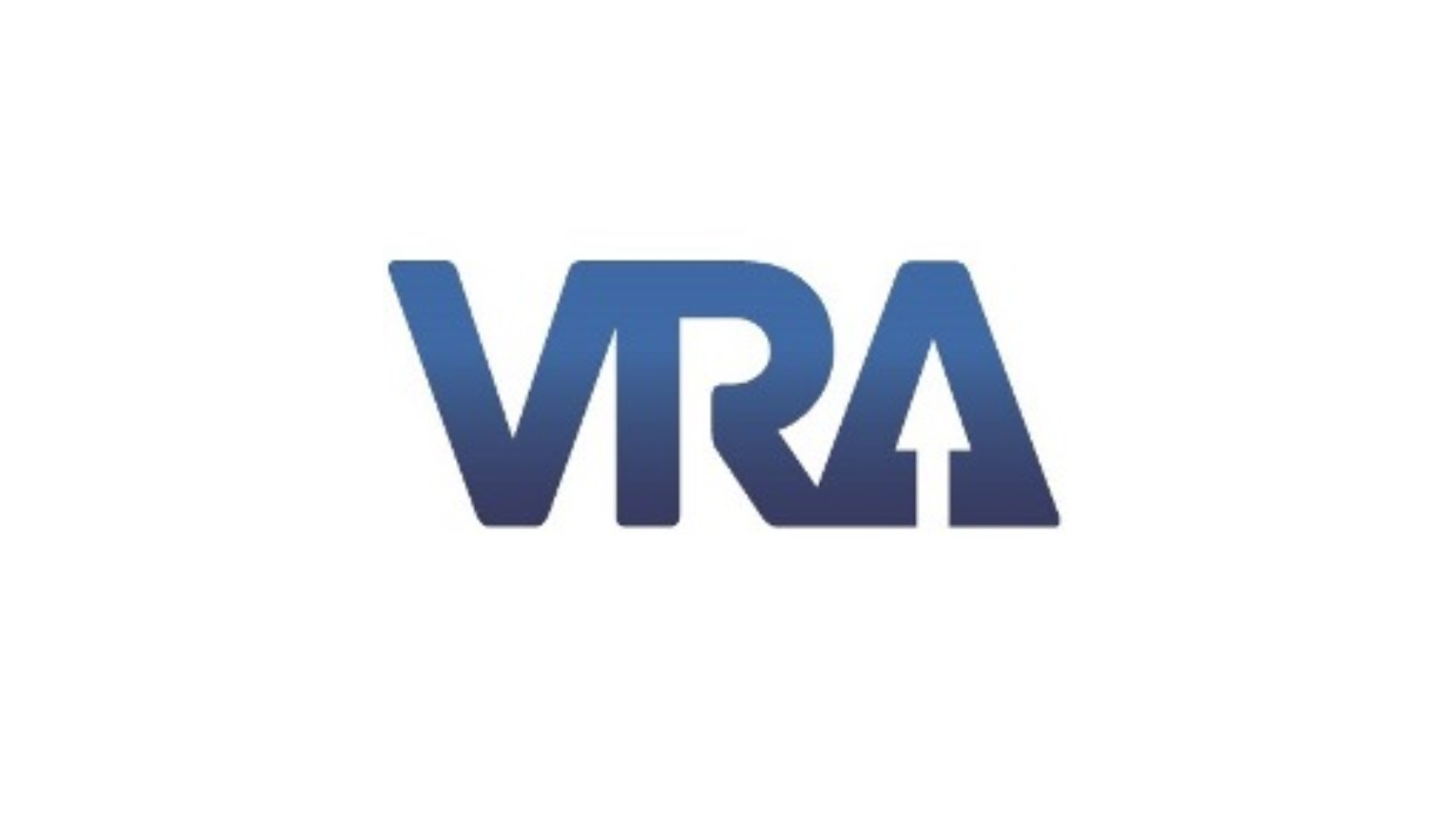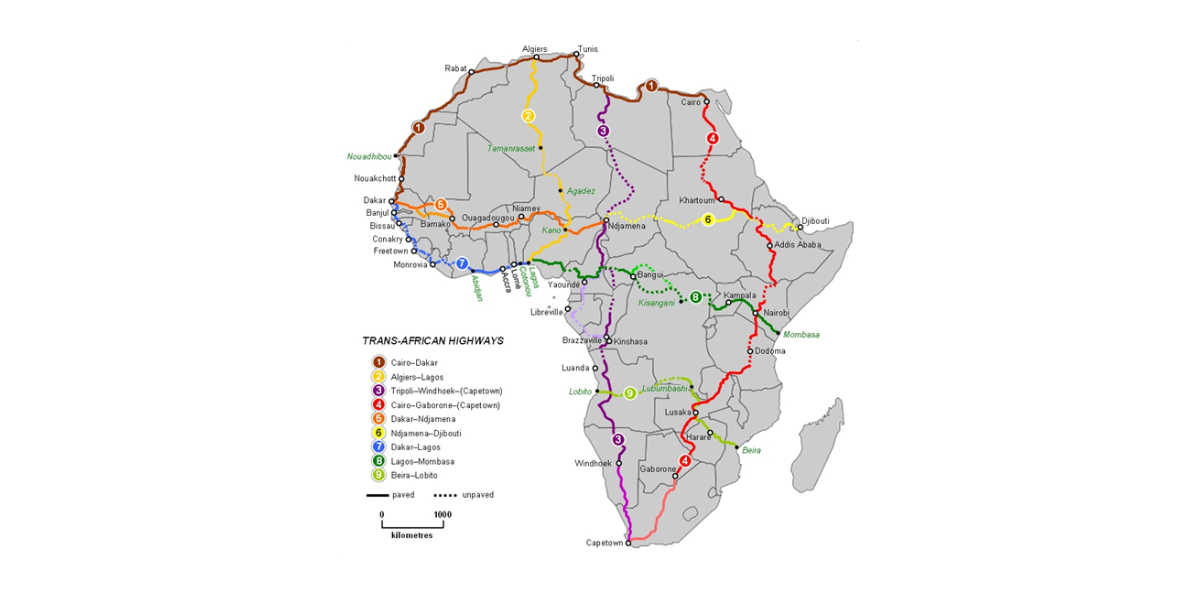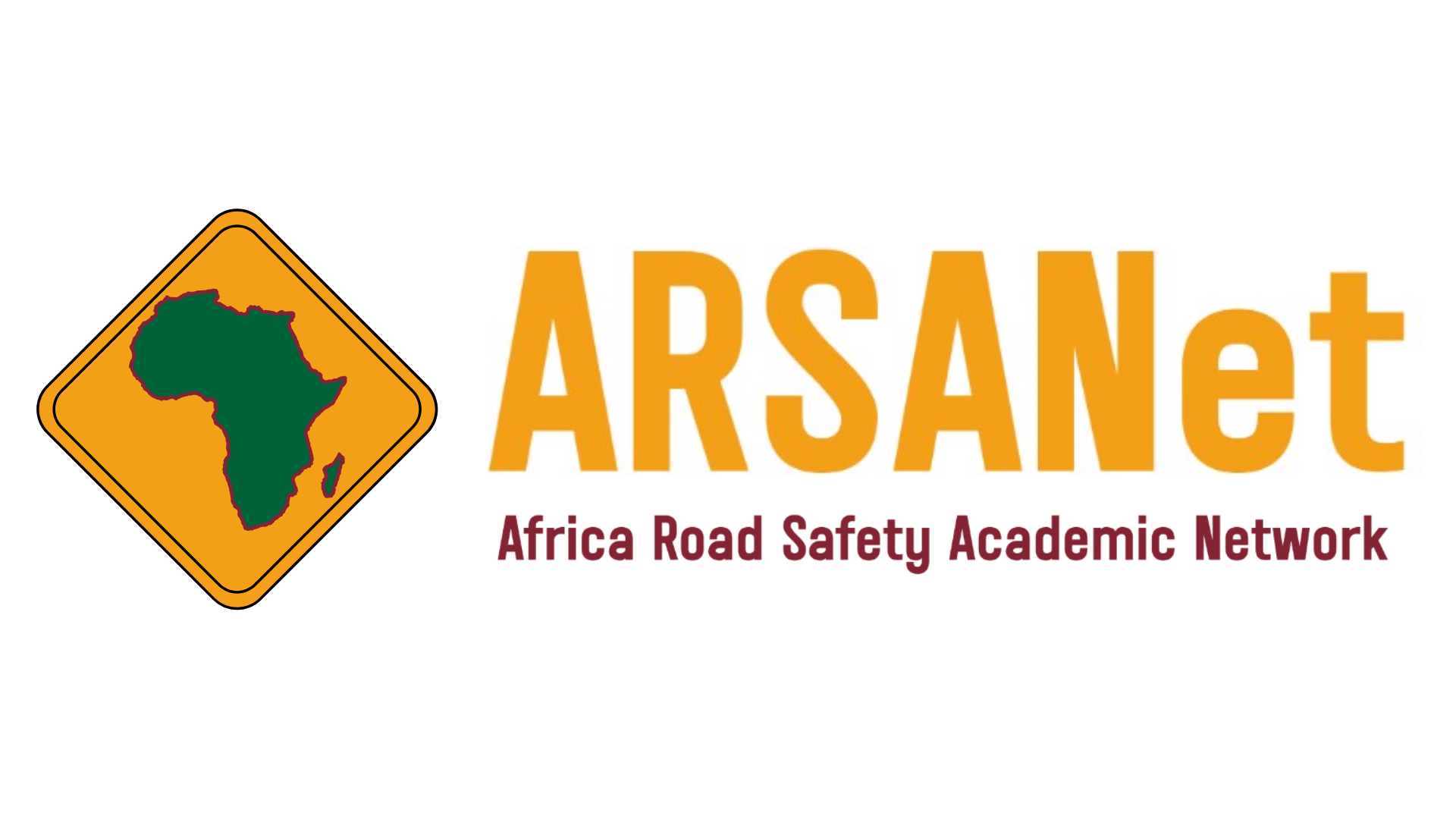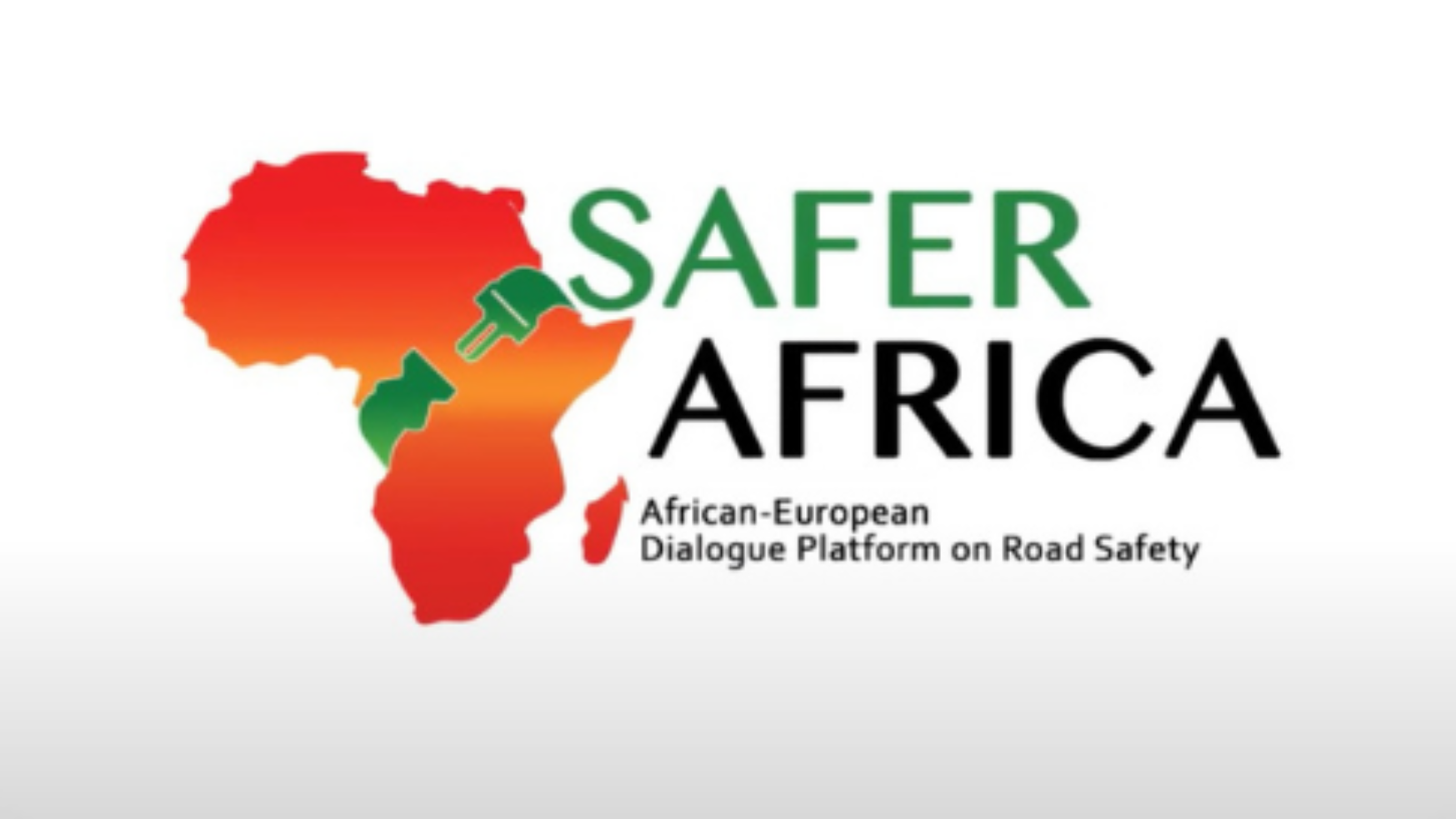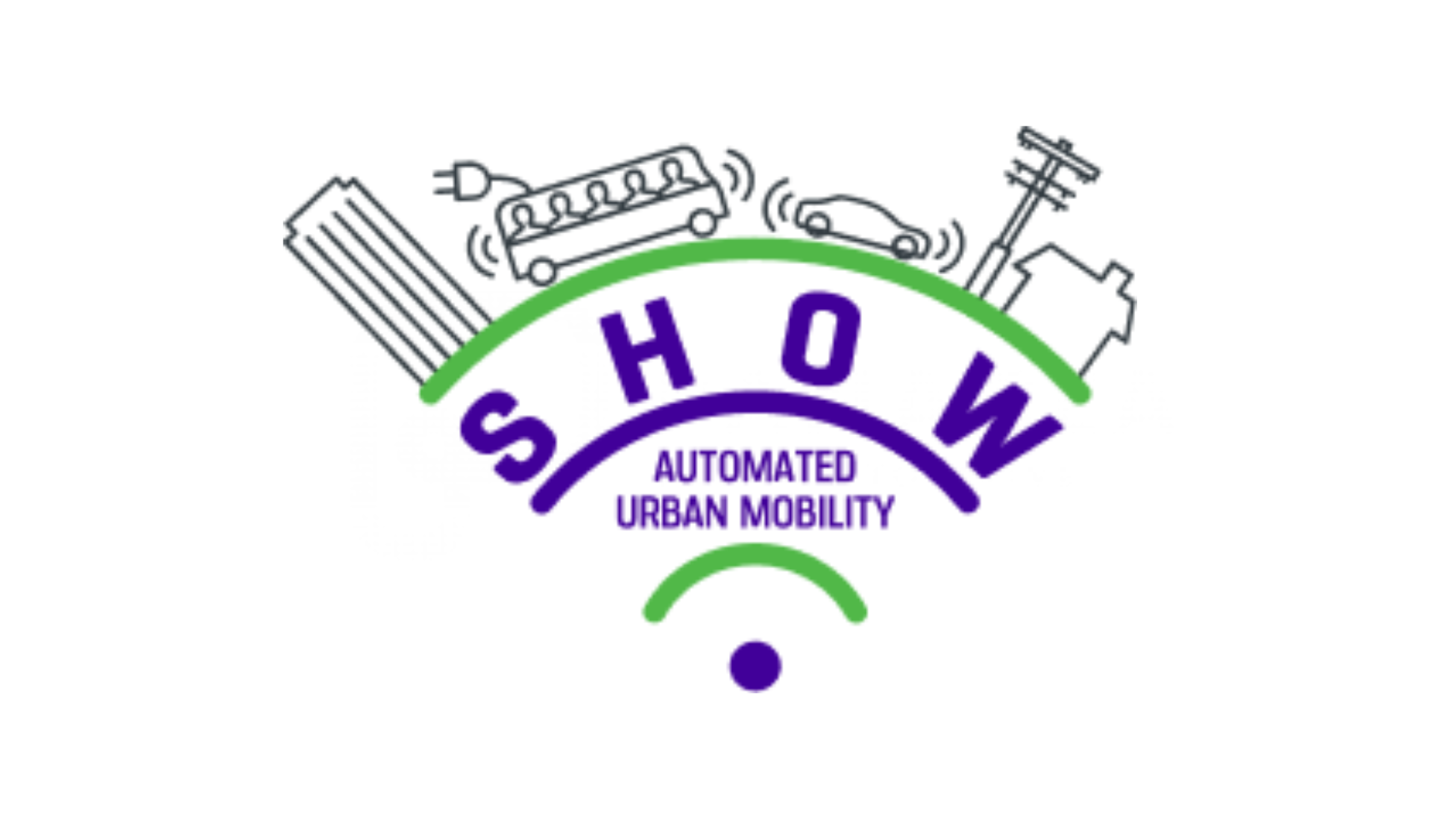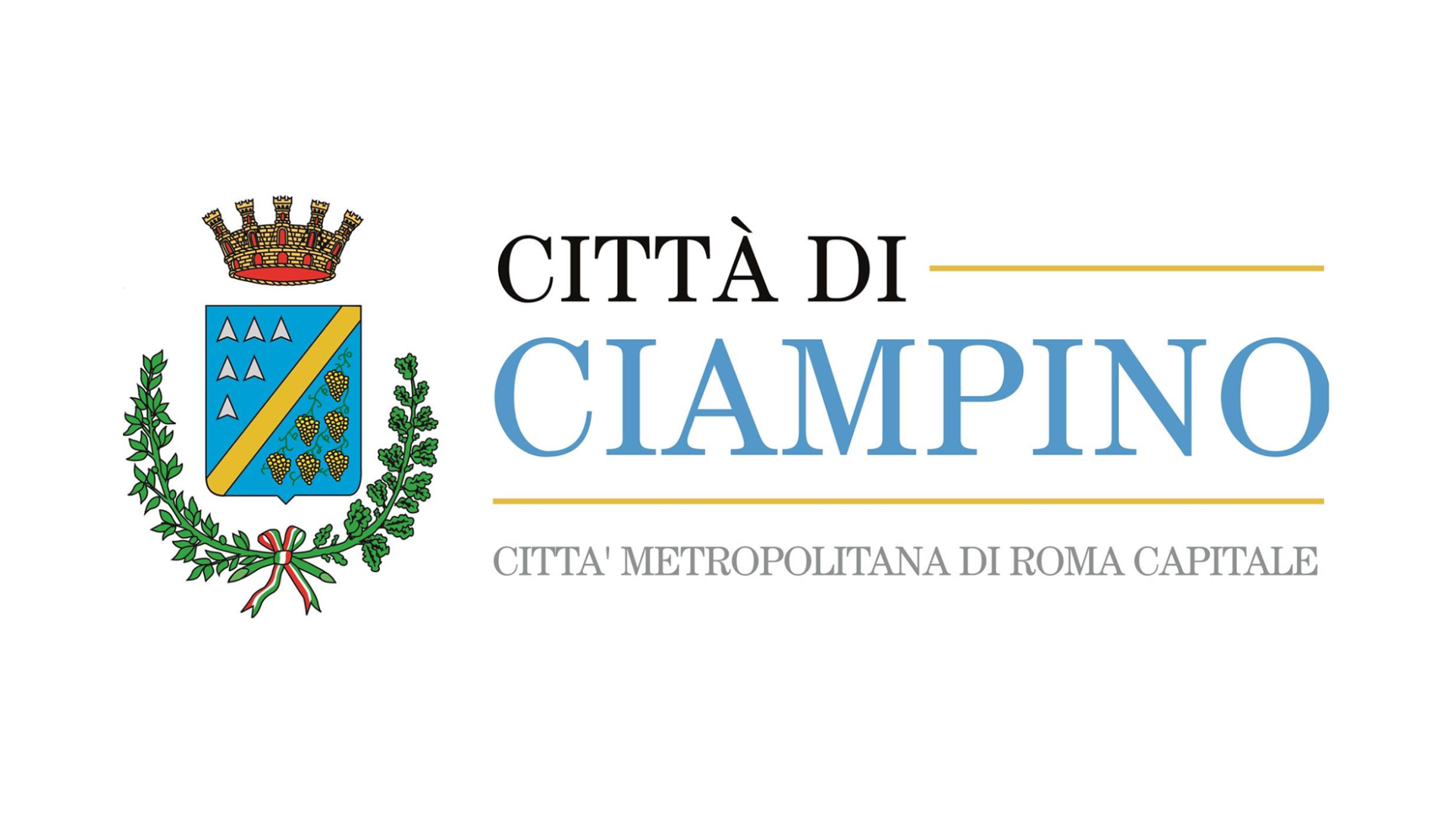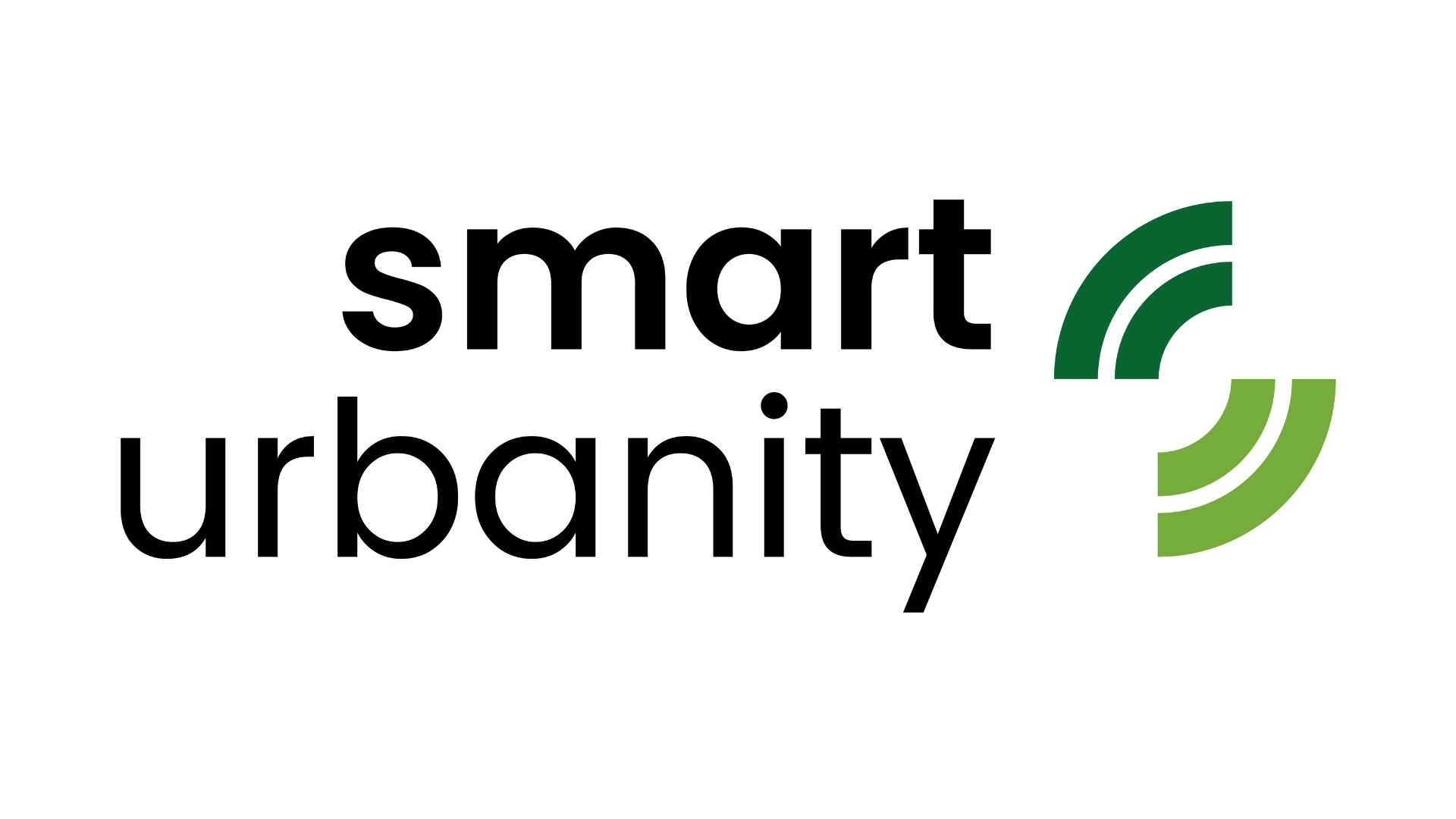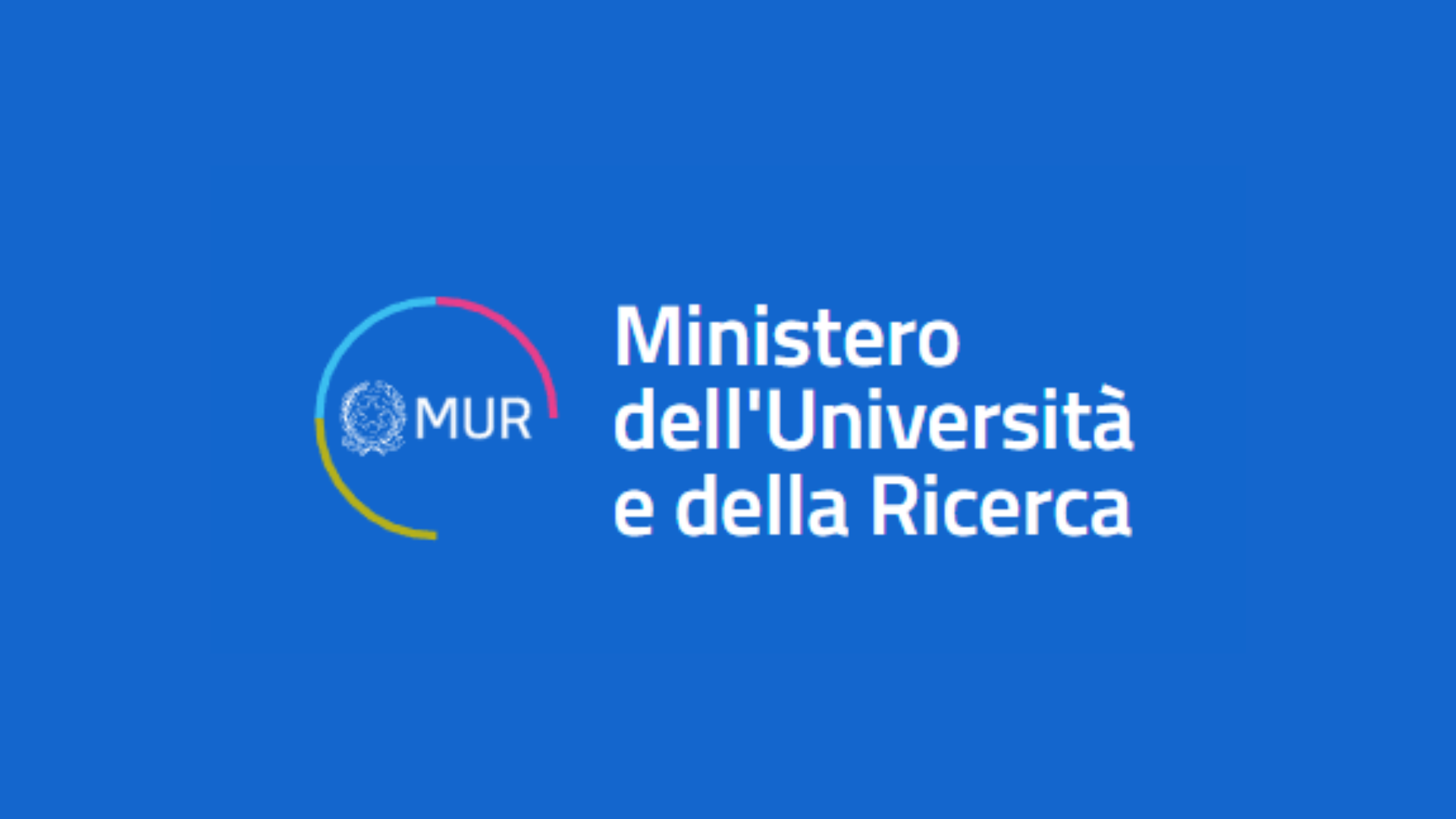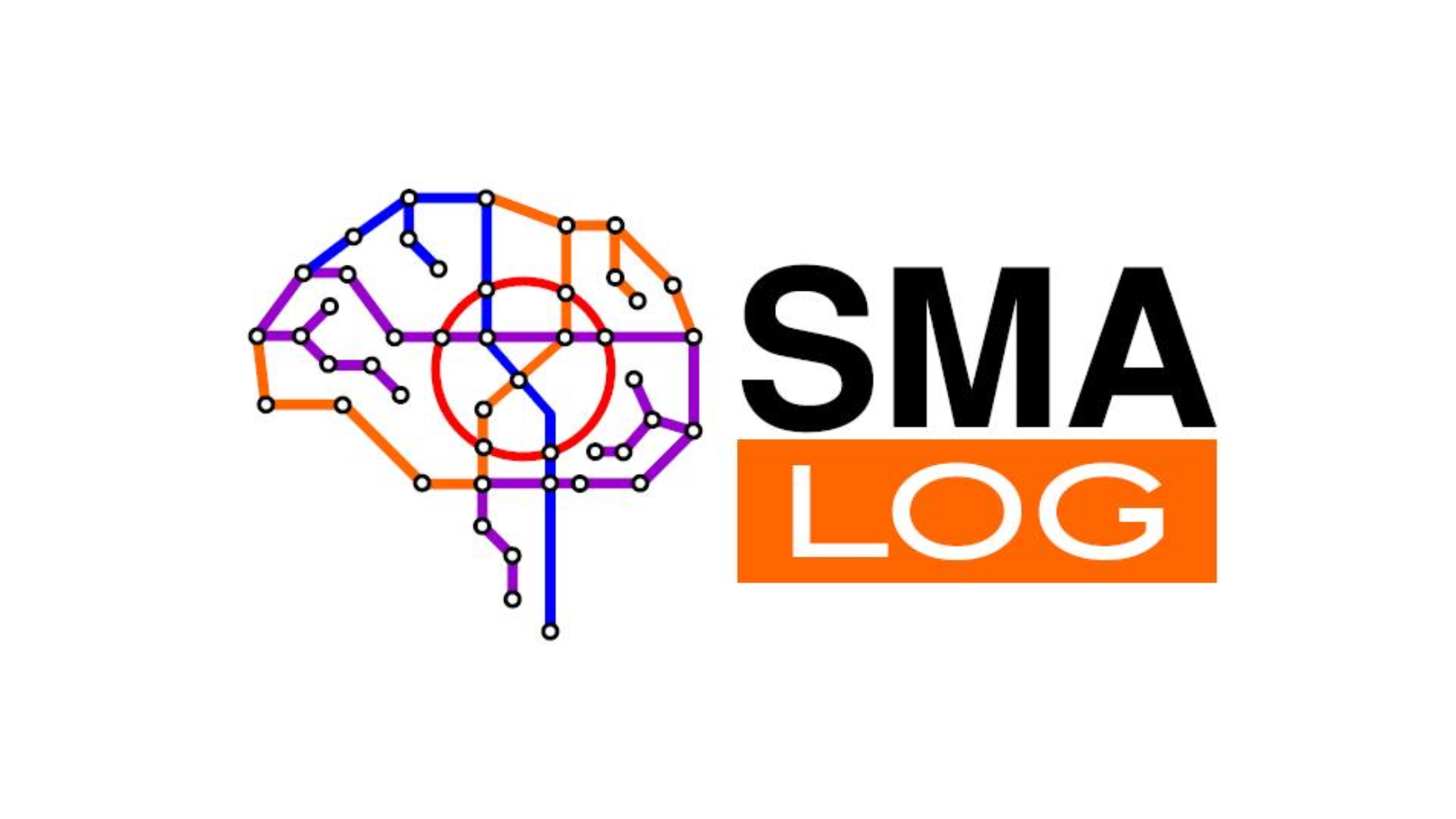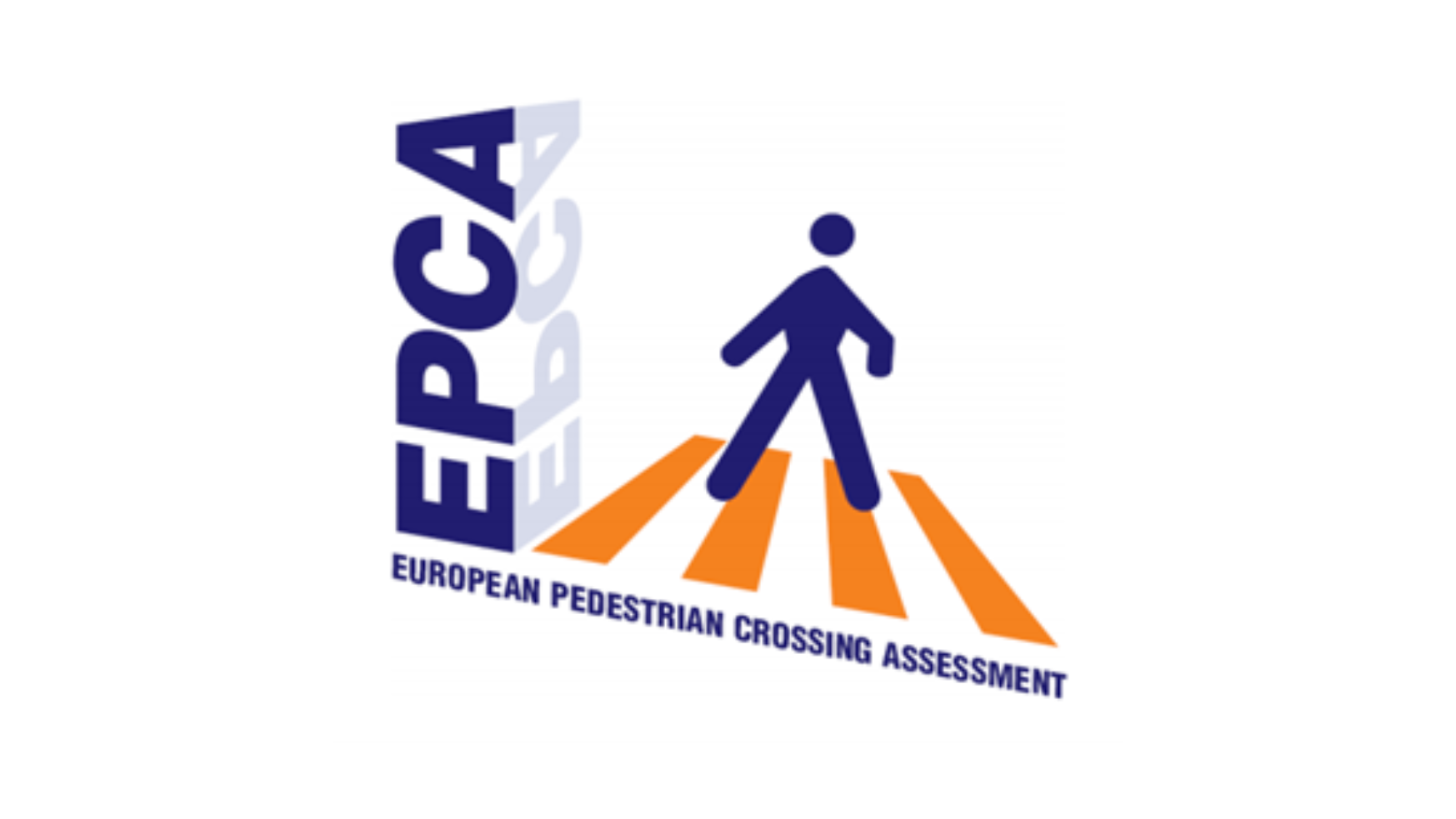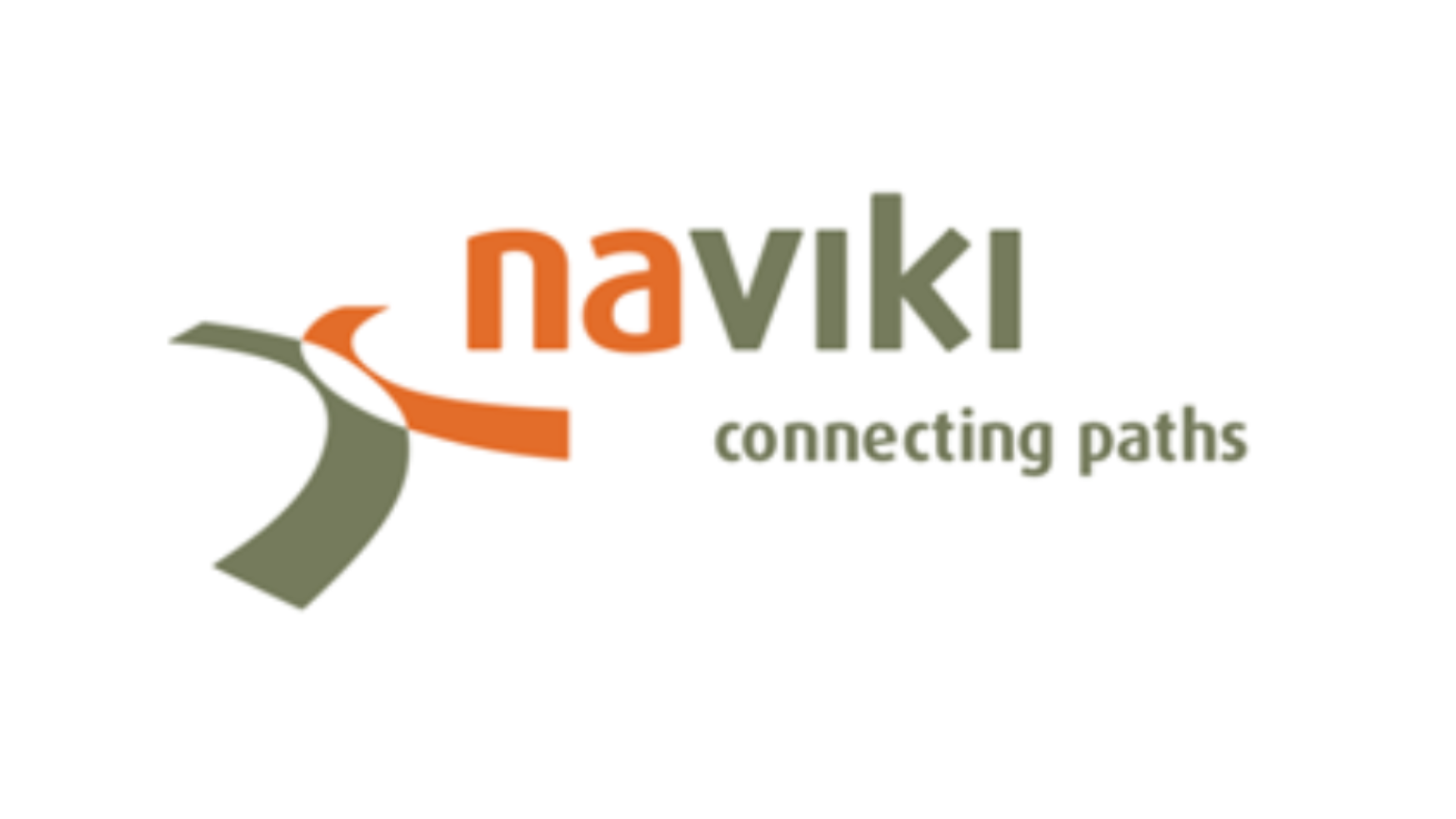The problem
The rapid advancement of Connected, Cooperative, and Automated Mobility (CCAM) is transforming the European transport sector, bringing both opportunities and challenges for the labour market and broader socioeconomic structures. While CCAM technologies promise increased efficiency, safety, and sustainability, their widespread adoption will inevitably reshape employment patterns, workforce skills, and the socioeconomic fabric of transport-dependent industries.
Despite the growing momentum of CCAM deployment across the EU, there remains a significant knowledge gap concerning its impact on transport employability and labour dynamics. Automation and digitalization are expected to disrupt traditional job roles, requiring a workforce transition towards new skill sets. However, the extent to which job displacement, reskilling needs, and employment shifts will occur remains uncertain. At the same time, the broader socioeconomic consequences, including regional disparities, economic inequality, and workforce adaptability, must be thoroughly analysed to ensure an inclusive and fair transition.
In light of the EU’s strong commitment to sustainable and digital transport solutions, understanding the labour market implications of CCAM is essential for designing effective policies and strategies. Policymakers, industry stakeholders, and educational institutions require evidence-based insights to develop targeted mitigation strategies, reskilling initiatives, and regulatory frameworks that not only support workers and businesses but also maximise the benefits of CCAM. Without proactive intervention, there is a risk of labour market mismatches, social inequalities, and economic disruptions, making it imperative to address these challenges in a timely manner.
Our approach
To support this transition, the RESKILLING project aims to provide a comprehensive assessment of CCAM’s impact on transport employment and its broader socioeconomic consequences across the EU. By doing so, it contributes to the EU’s objectives related to sustainable transport, social cohesion, and economic resilience, ensuring that the shift to automation benefits all stakeholders equitably. Anticipating and responding to these changes is essential for securing a future-proof workforce and maintaining the EU’s leadership in innovative and sustainable mobility solutions.
RESKILLING is based on a social innovation driven approach considering the CCAM-related technological developments often put forth by experts and/or governments, but it necessitates both the in-depth examination of every profession connected to CCAM services for the mobility of people and goods, the consideration of different social aspects and geographical variations, as well as the engagement of the whole stakeholder community (focusing on the different professionals’ types), ensuring that a SSH approach is applied throughout all project’s phases and activities and via the application of RESKILLING Co-Innovation Framework that will foster the collaboration and engagement of diverse stakeholders, including professionals, experts, and beneficiaries, to co-create and implement solutions that are contextually relevant and sustainable.
RESKILLING aims to reach the following key objectives:
- To establish a robust community of stakeholders actively involved in the project, along the full CCAM value chain, fostering collaborative development of project outcomes and promoting the as wide as possible outreach, multi-layered replication and take-up of the project results.
- To investigate in depth the short-, medium- and long-term employment effects of CCAM development.
- To enable businesses and workers to mitigate negative effects of CCAM, by making use of opportunities provided by CCAM deployment in passenger and freight transport towards sustainable employment growth and improve capacity for (social) innovation to strengthen society’s preparedness to act proactively.
- To ensure necessary skills are available and up-scaled across a wide range of fields
Partners
CERTH, VTI, POLIS, VDI/VDE, VUB, ZLC, FEHRL, CTL, LIST, ECTRI, ECORYS, Bax, Beceptum, EURNEX, IRF
